Date
Feature slide
Headline
Every day, tens of thousands of girls are married before reaching their 18th birthday.
Slide text
They are some of the most vulnerable girls on earth. They are denied their rights, they are at risk of abuse, their health is jeopardized, and their future prospects are limited.
Photo credit
© UNFPA Niger/Tagaza Djibo
Text orientation
Left
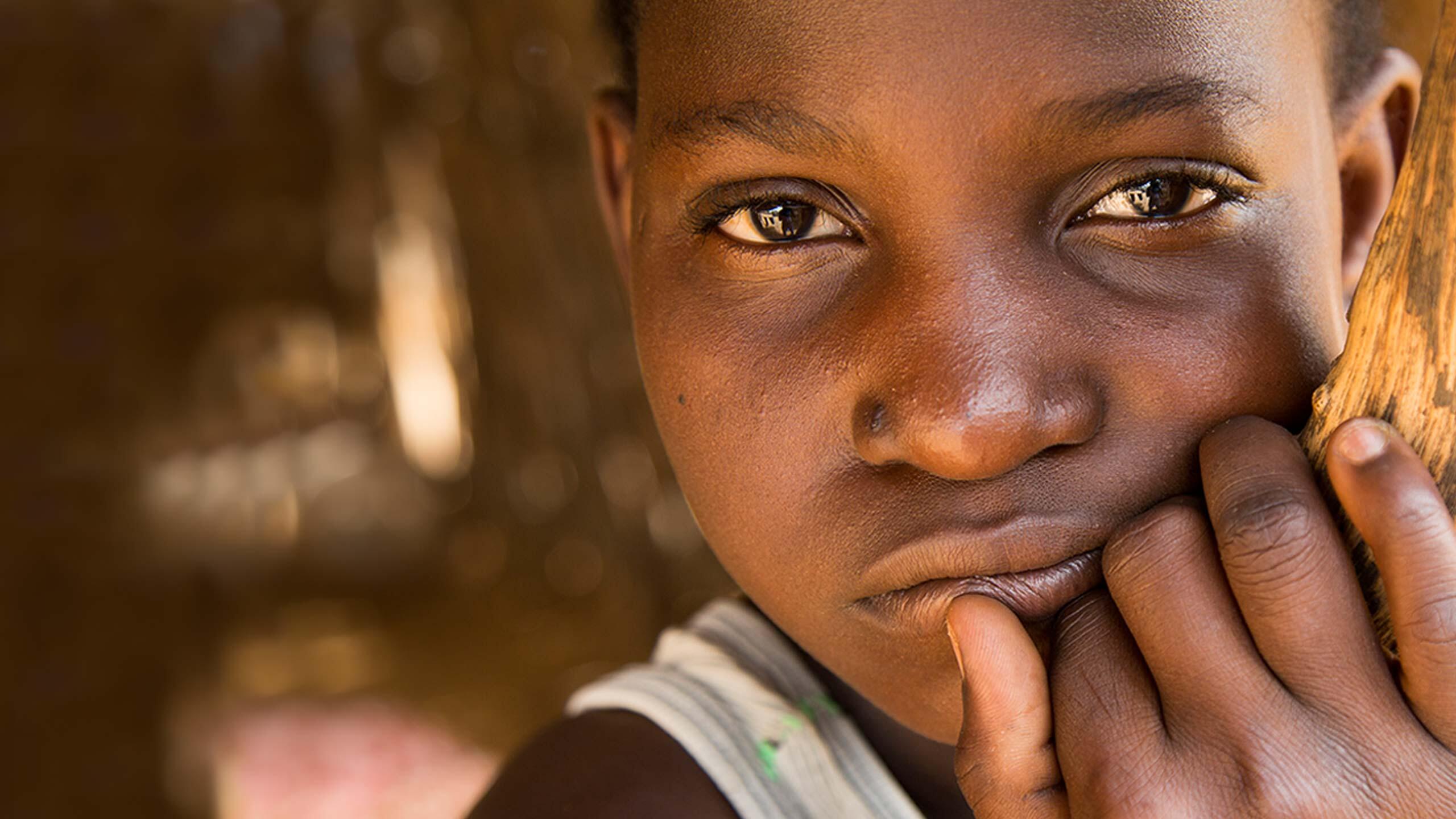
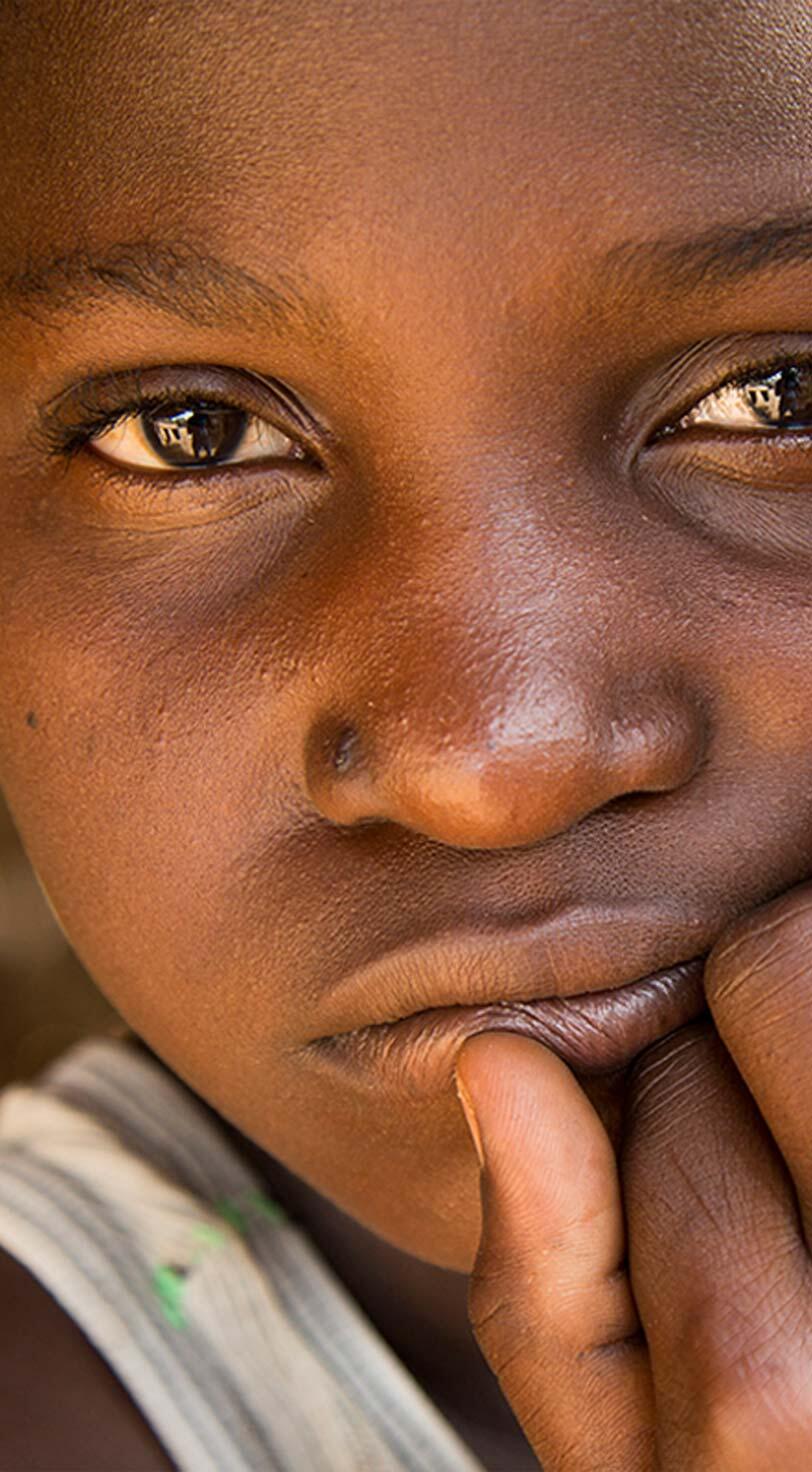
Headline
In Niger, which has one of the highest child marriage rates in the world, these 16 extraordinary girls refused to become child brides.
Slide text
From 25 November to 10 December, the world observes 16 Days of Activism against Gender-based Violence. These girls embody the strength and spirit of this movement.
Photo credit
© UNFPA Niger/Tagaza Djibo
Text orientation
Right
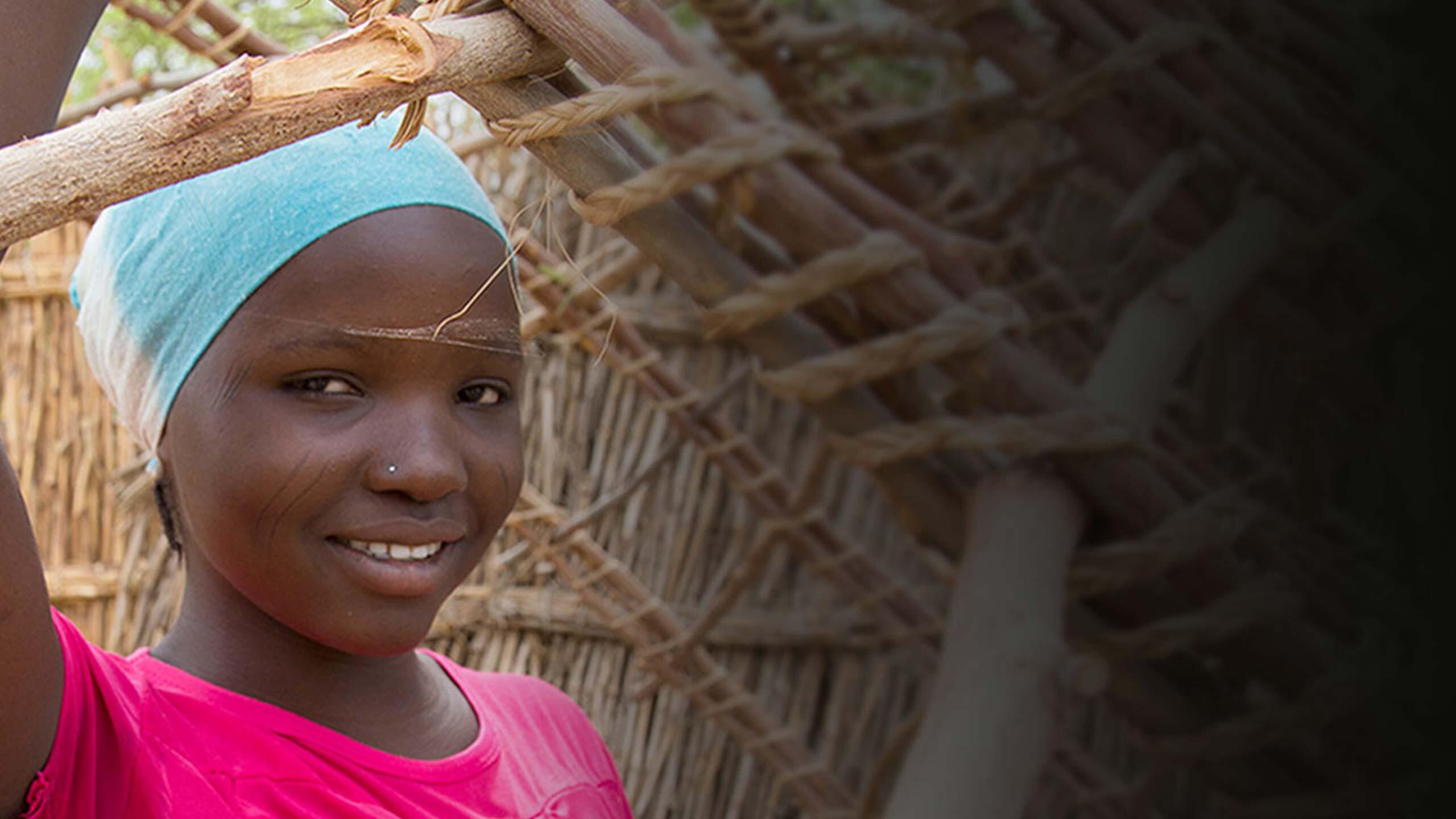
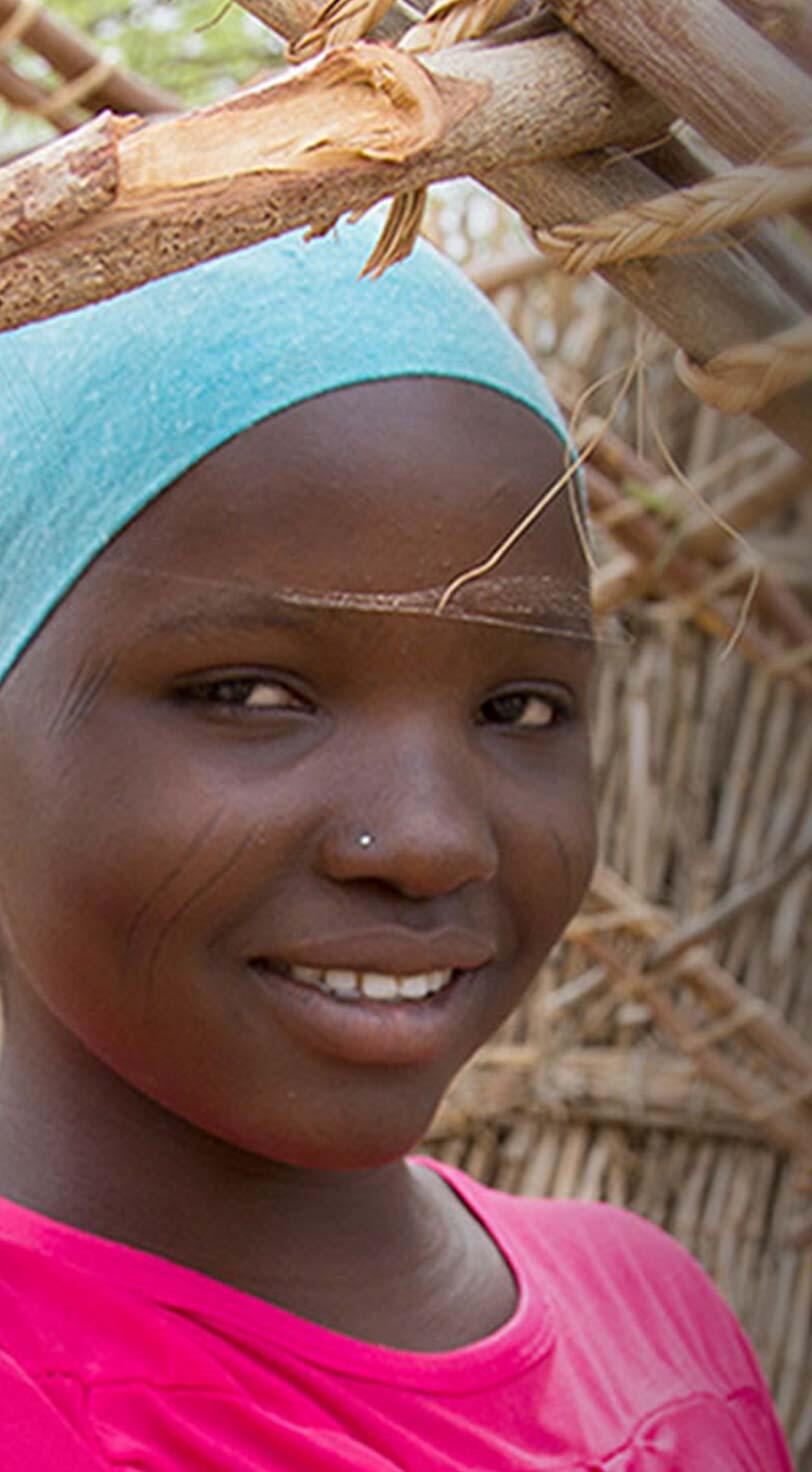
Slide text
Last year, despite her protests, Amina was betrothed to a much older man. “My uncle hit me with a stick and told me he would kill me if I continued to refuse the marriage,” she said. But she stood firm, and the wedding was cancelled.
Photo credit
© UNFPA Niger/Tagaza Djibo
Text orientation
Right
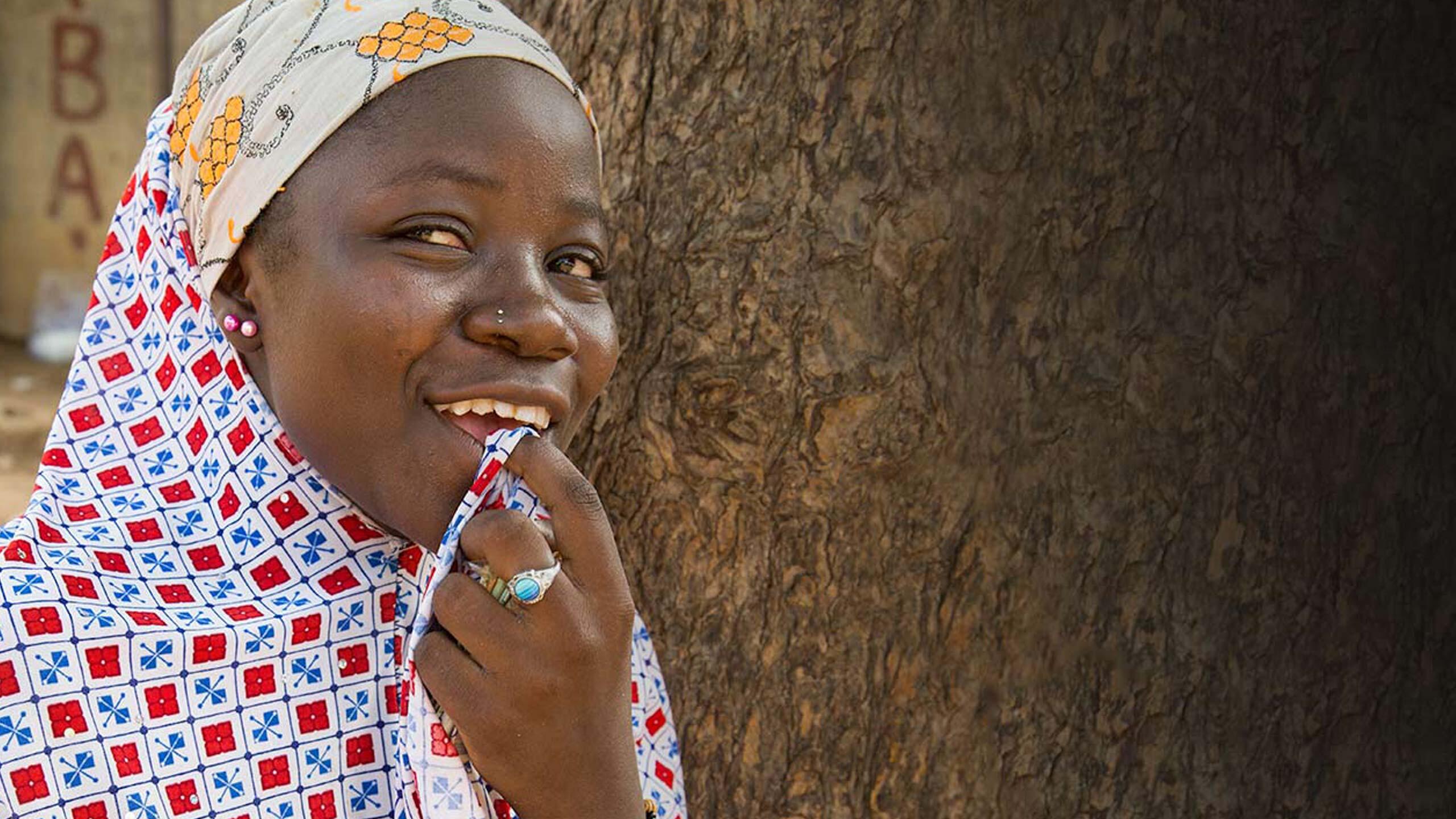
Number
1
Sub Title
“He greeted me with a terrifying smile and said, ‘You will be my second wife.’” -Amina Mahamane, 15
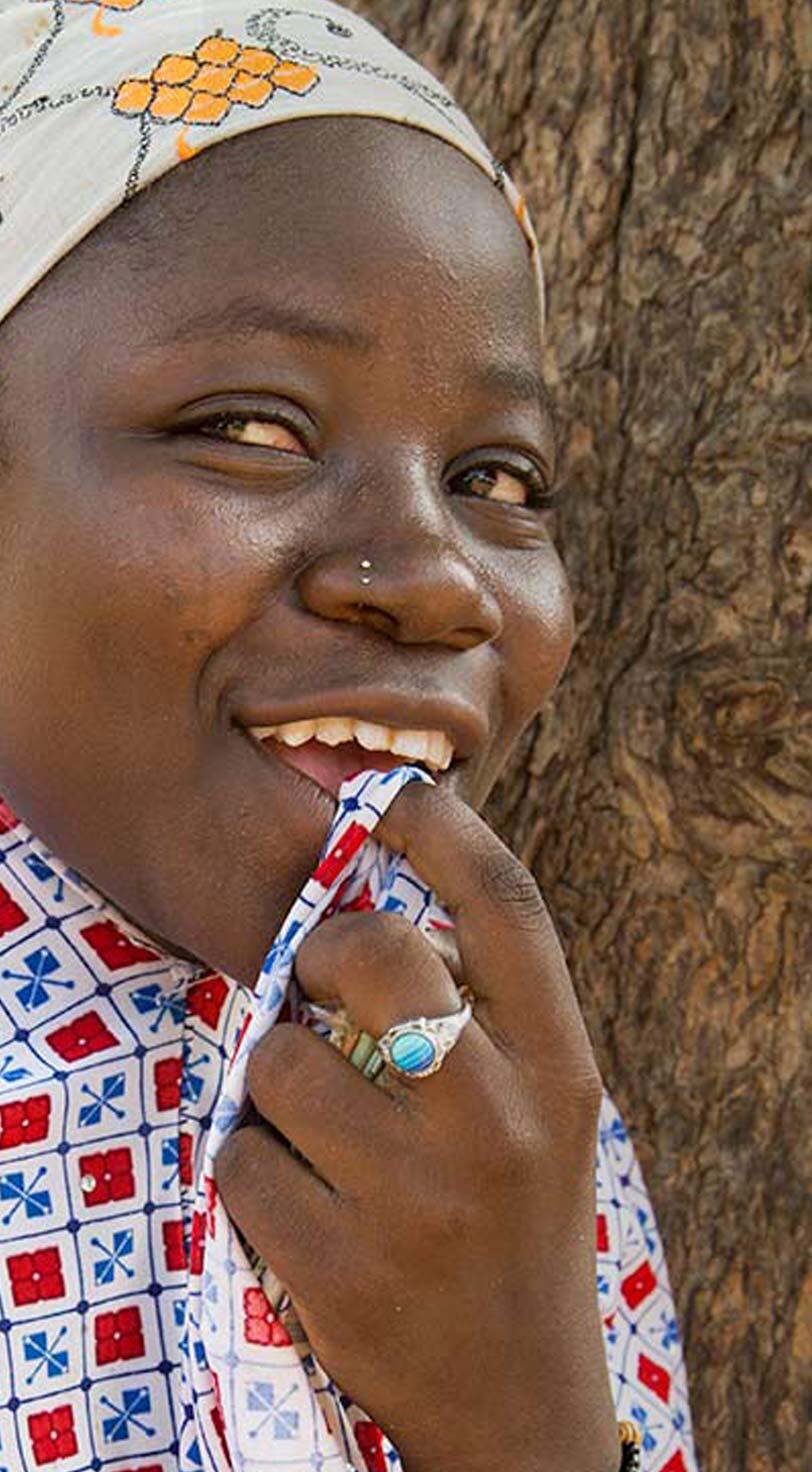
Slide text
A 40-year-old man proposed when Salamatou was just 14. She convinced her father to reject the proposal, and he encouraged her to join Action for Adolescent Girls, a girls’ empowerment programme supported by UNFPA and the Government of Niger. The girls in this series are all members of the programme.
Photo credit
© UNFPA Niger/Tagaza Djibo
Text orientation
Left
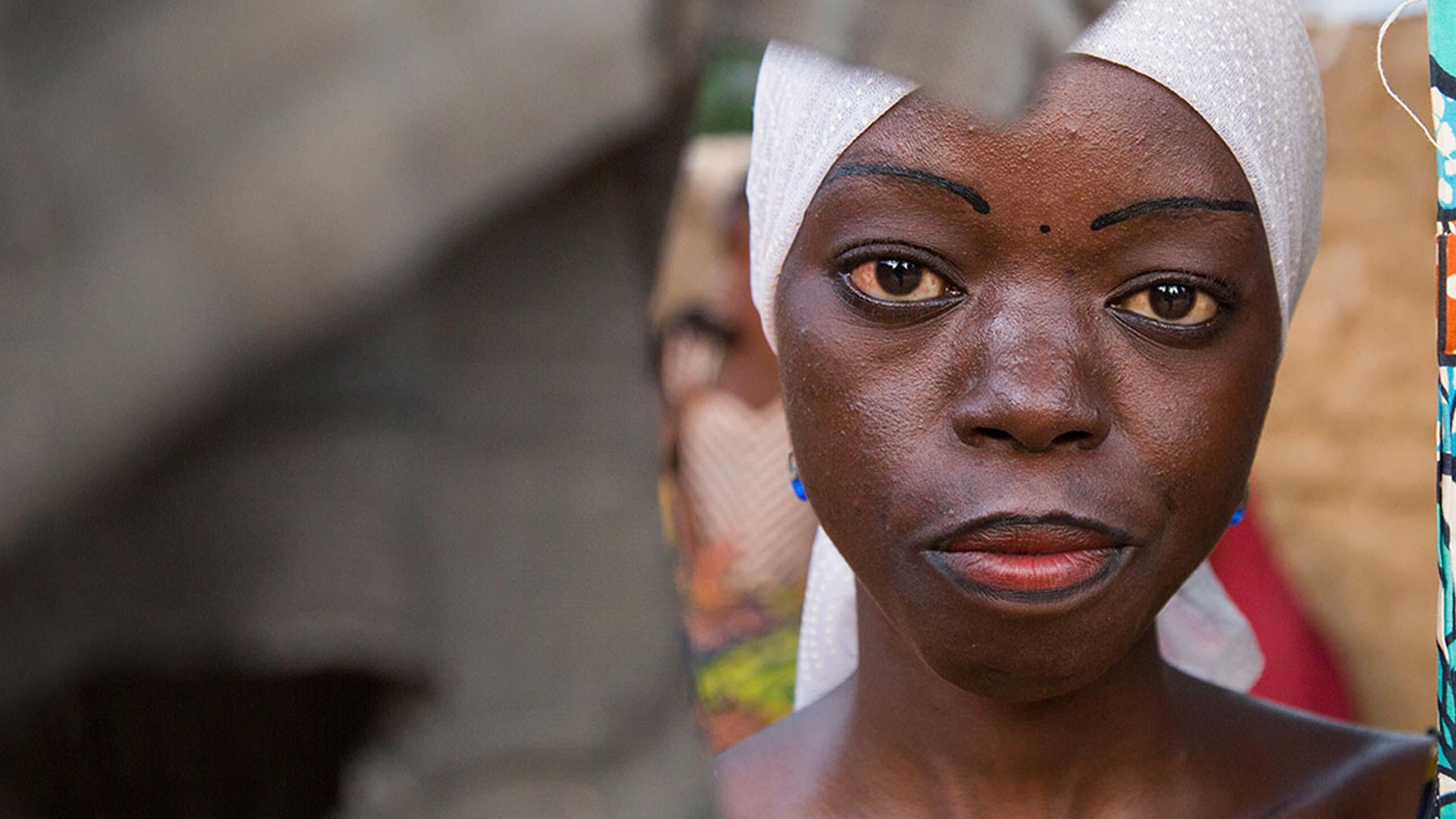
Number
2
Sub Title
“My parents insisted that I marry, but I resisted like a warrior.” -Salamatou Laouali, 17
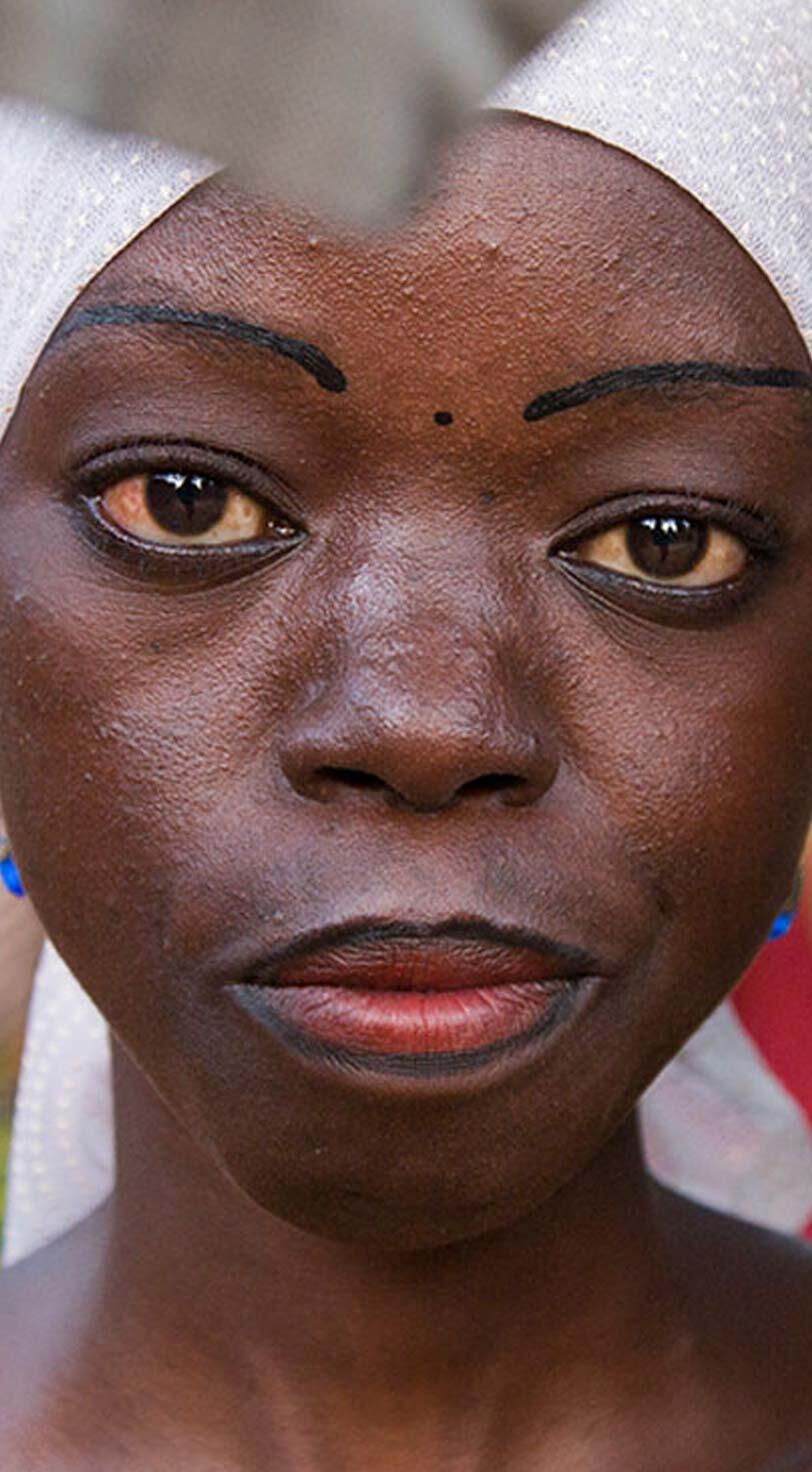
Slide text
Action for Adolescent Girls teaches literacy and life skills. It also raises awareness about the dangers of child marriage. After joining the programme, Chaâfatou was able to explain to her family how marrying early would endanger her health and future.
Photo credit
© UNFPA Niger/Tagaza Djibo
Text orientation
Right
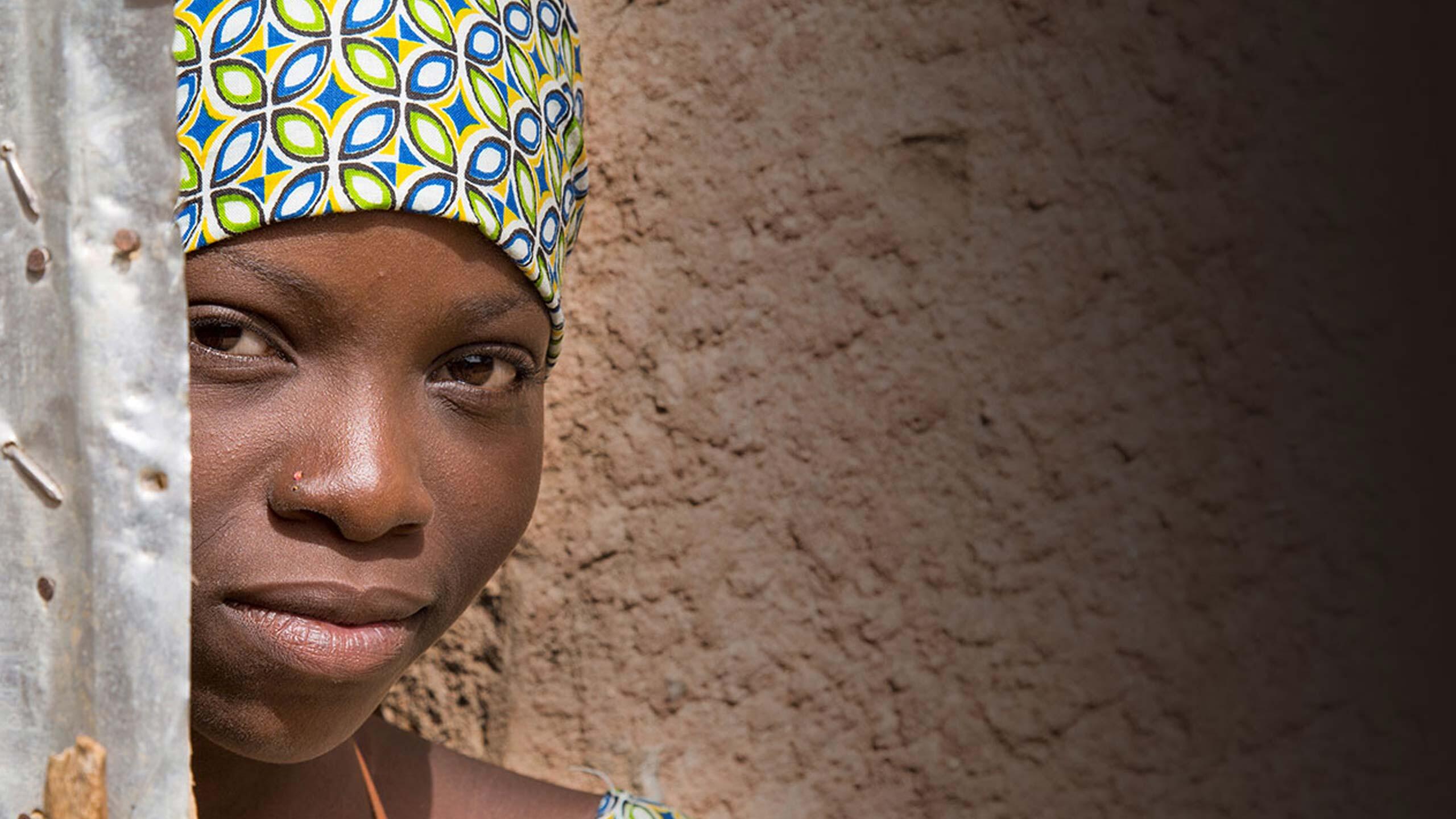
Feature link
Number
3
Sub Title
“I noticed that for my friends who were child brides, marriage was synonymous with constant problems.” -Chaâfatou Mamane, 15
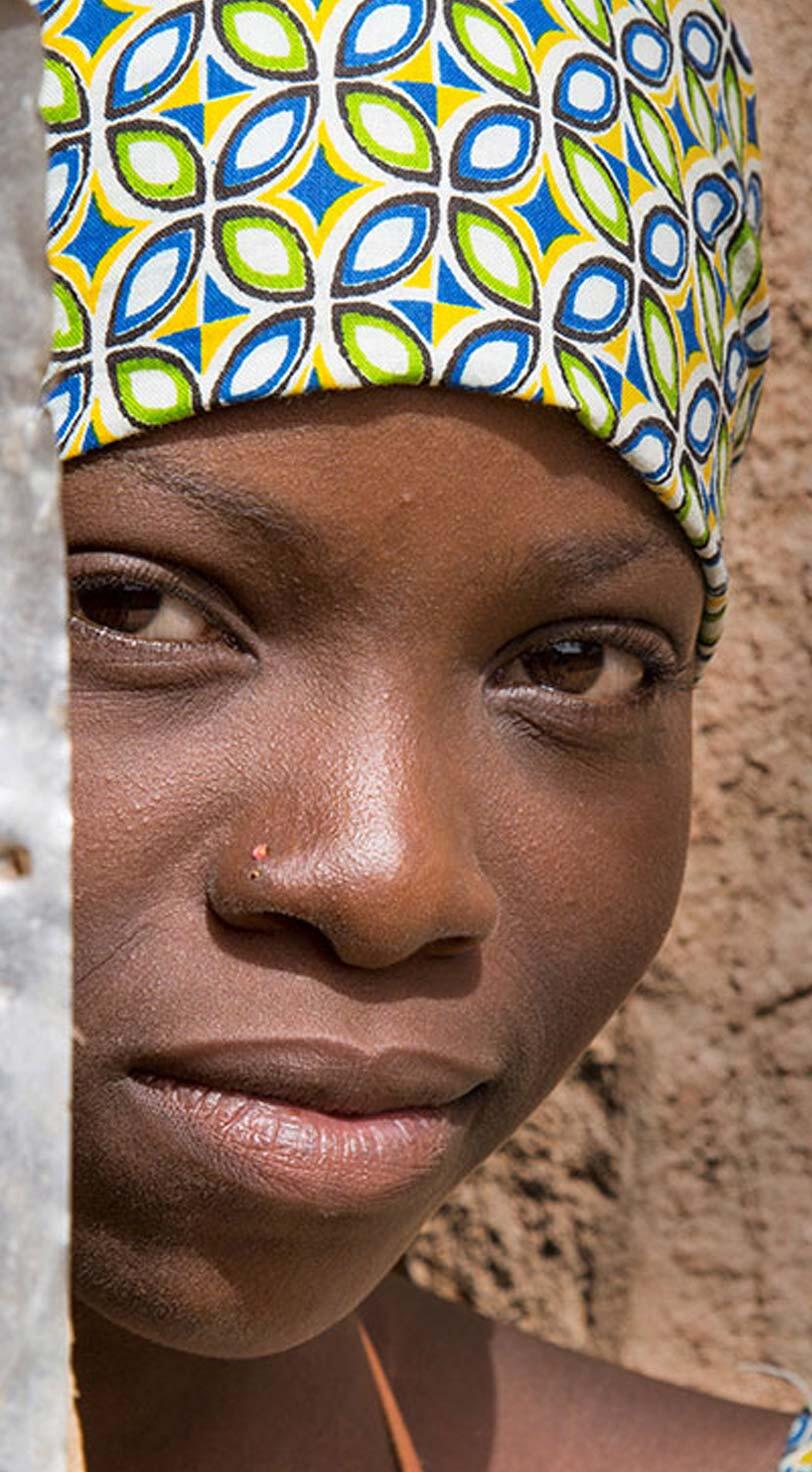
Slide text
Many child brides are not physically ready to be mothers. Globally, pregnancy-related complications are the second leading cause of death among adolescent girls. Mariama has received several proposals, but refuses to marry until she is 18.
Photo credit
© UNFPA Niger/Tagaza Djibo
Text orientation
Left
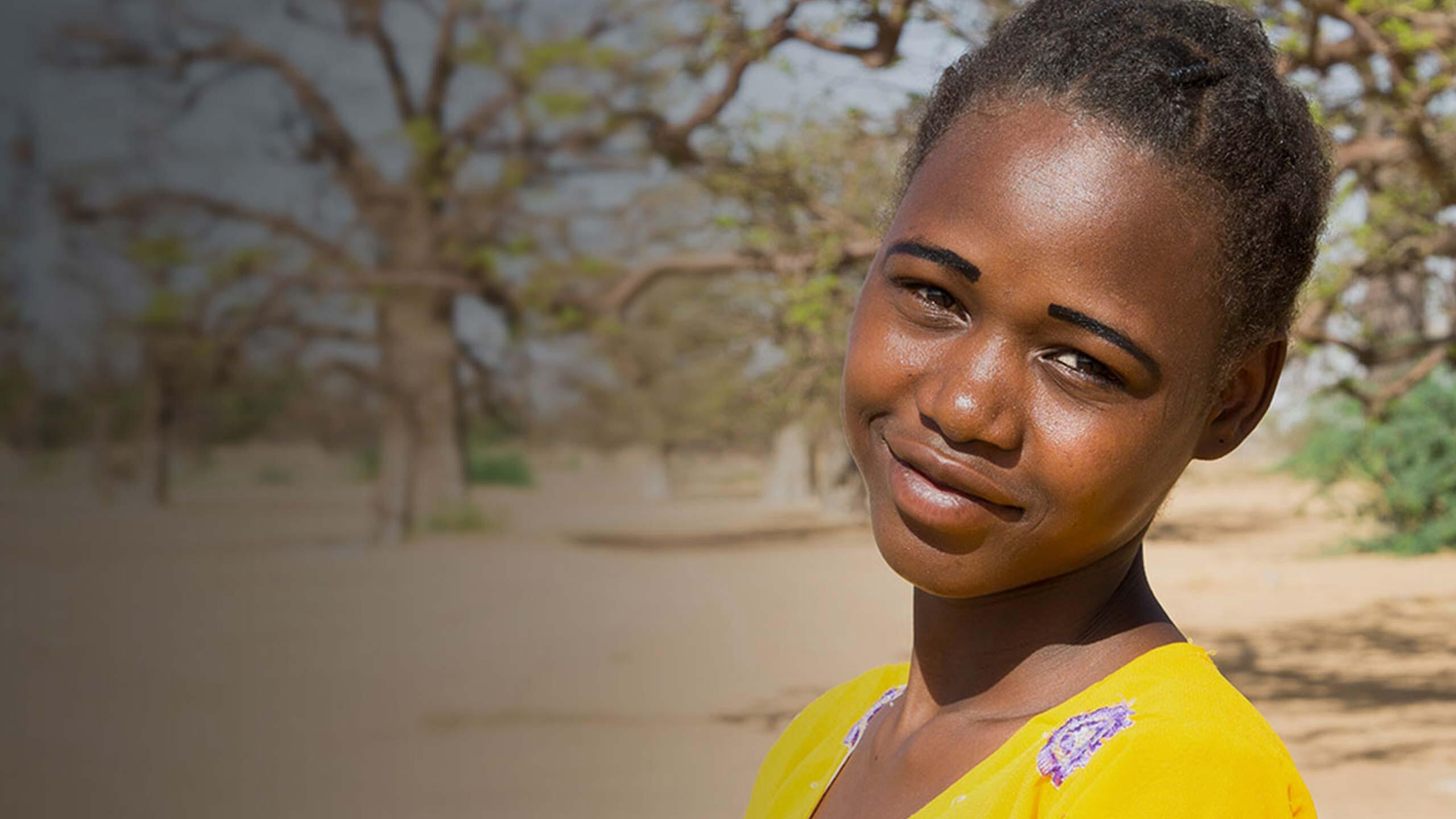
Feature link
Number
4
Sub Title
“I have a cousin who was married off at age 13. She became pregnant and died during labour.” -Mariama Salissou, 16
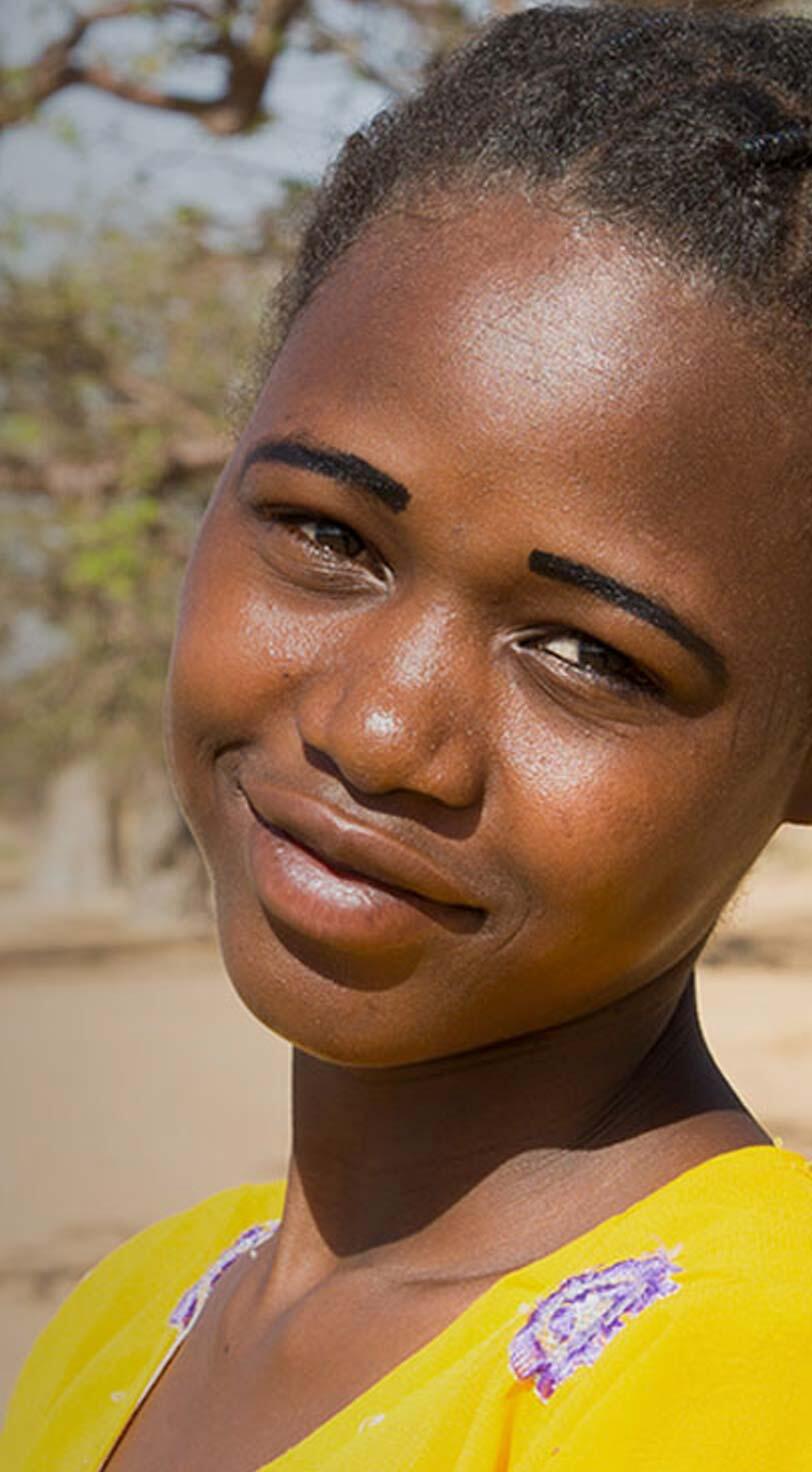
Slide text
Girls who become pregnant while physically immature are more likely to develop obstetric fistula – a labour complication that causes incontinence, often followed by chronic health problems. Manira’s Action for Adolescent Girls mentor convinced her parents to call off the wedding.
Photo credit
© UNFPA Niger/Tagaza Djibo
Text orientation
Right

Feature link
Number
5
Sub Title
“I told them that many girls married too young are victims of obstetric fistula [and] domestic violence…” -Manira Sanoussi, 14

Slide text
Zeinabou was married at 15. But she fought back when her husband tried to rape her, almost nightly, for weeks. Finally, he divorced her. Today, she is a proud advocate for girls’ rights.
Photo credit
© UNFPA Niger/Tagaza Djibo
Text orientation
Left
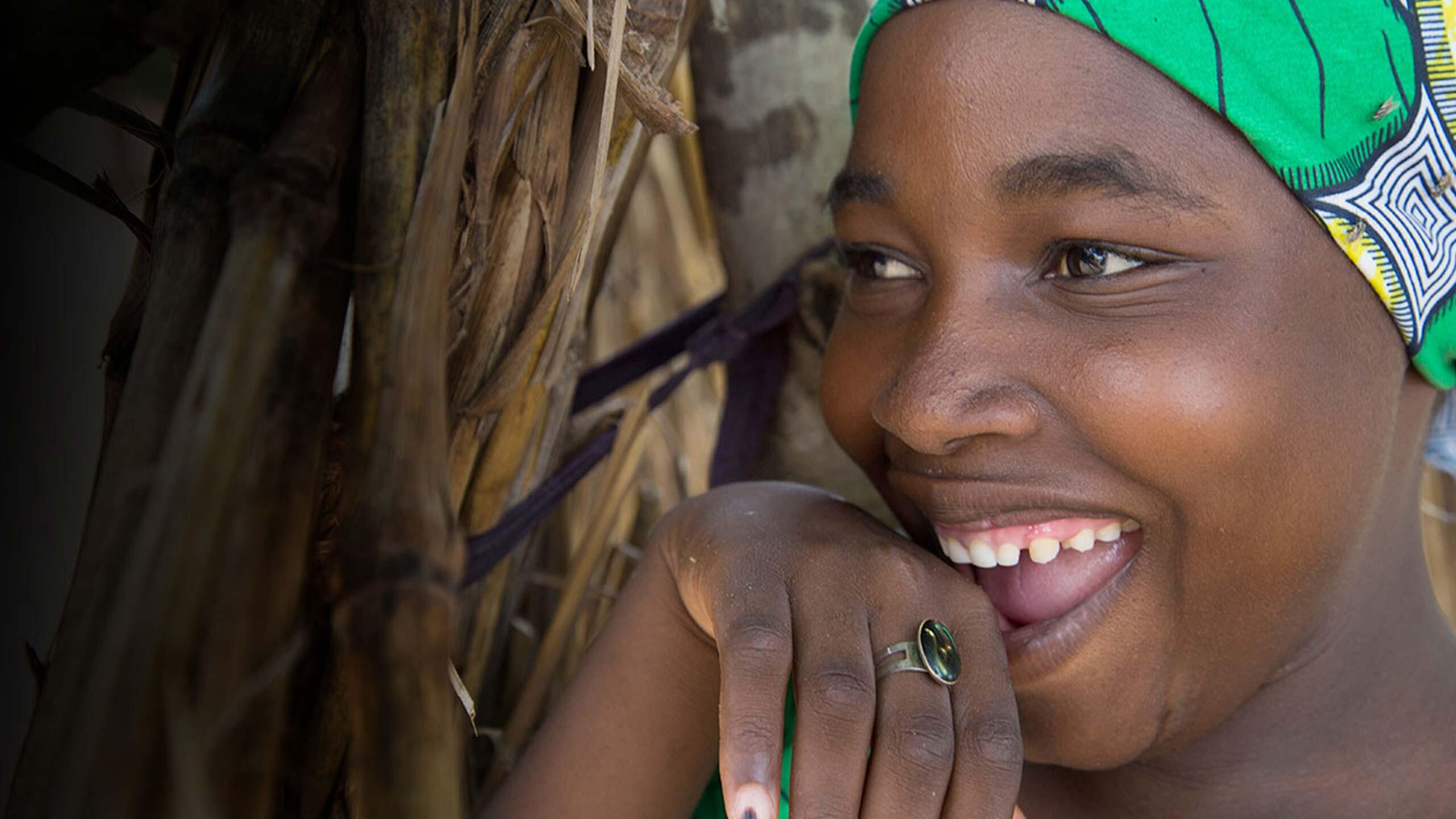
Feature link
Number
6
Sub Title
“After the wedding, he wanted to have sex with me, but I refused... He beat me and gagged me so he could get what he wanted.” -Zeinabou Moussa, 16
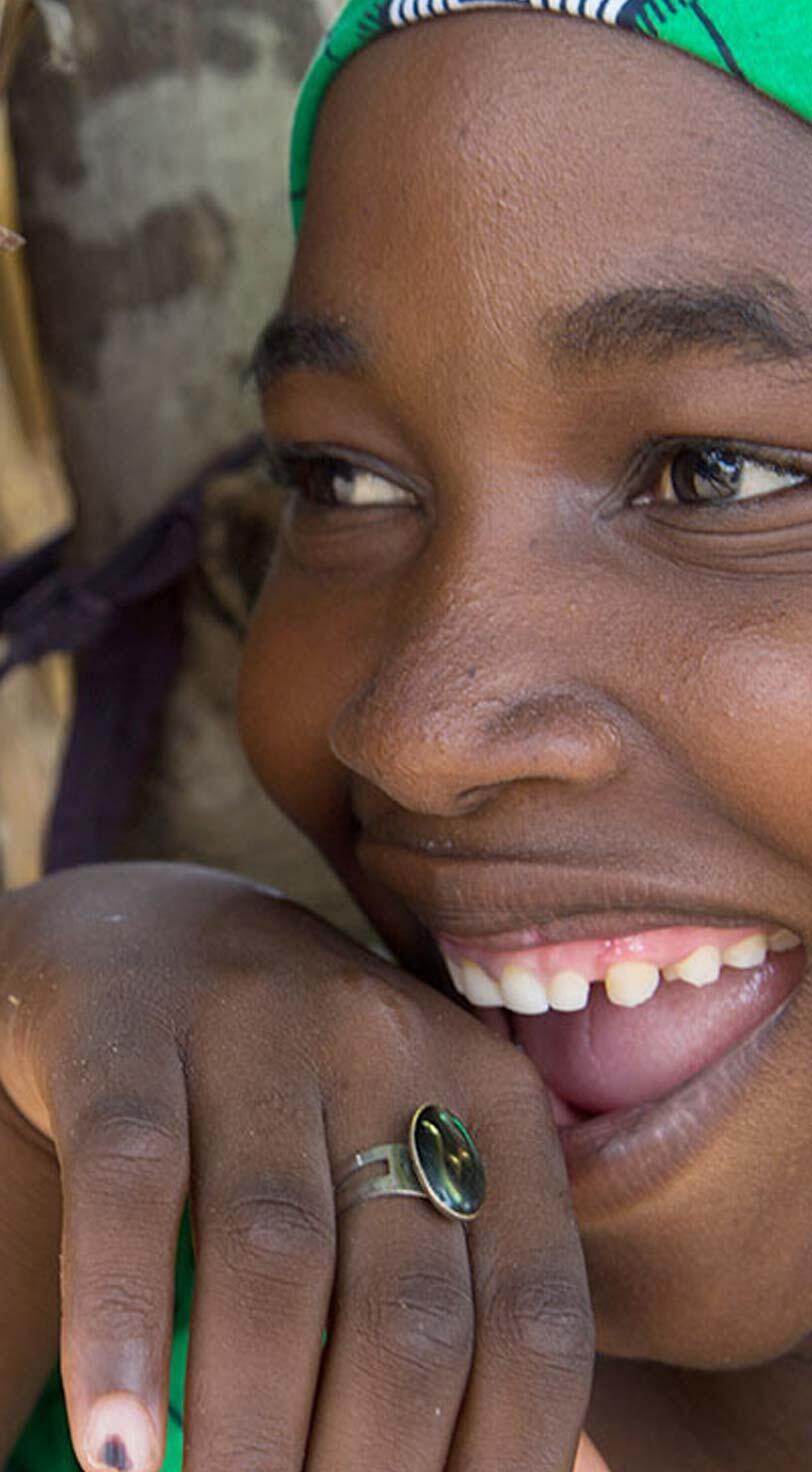
Slide text
Girls are expected to defer to their parents’ decisions, but Ramatou took a stand when her parents arranged a marriage for her last year. She protested, and after her mentor and the local imam intervened, her parents relented.
Photo credit
© UNFPA Niger/Tagaza Djibo
Text orientation
Right
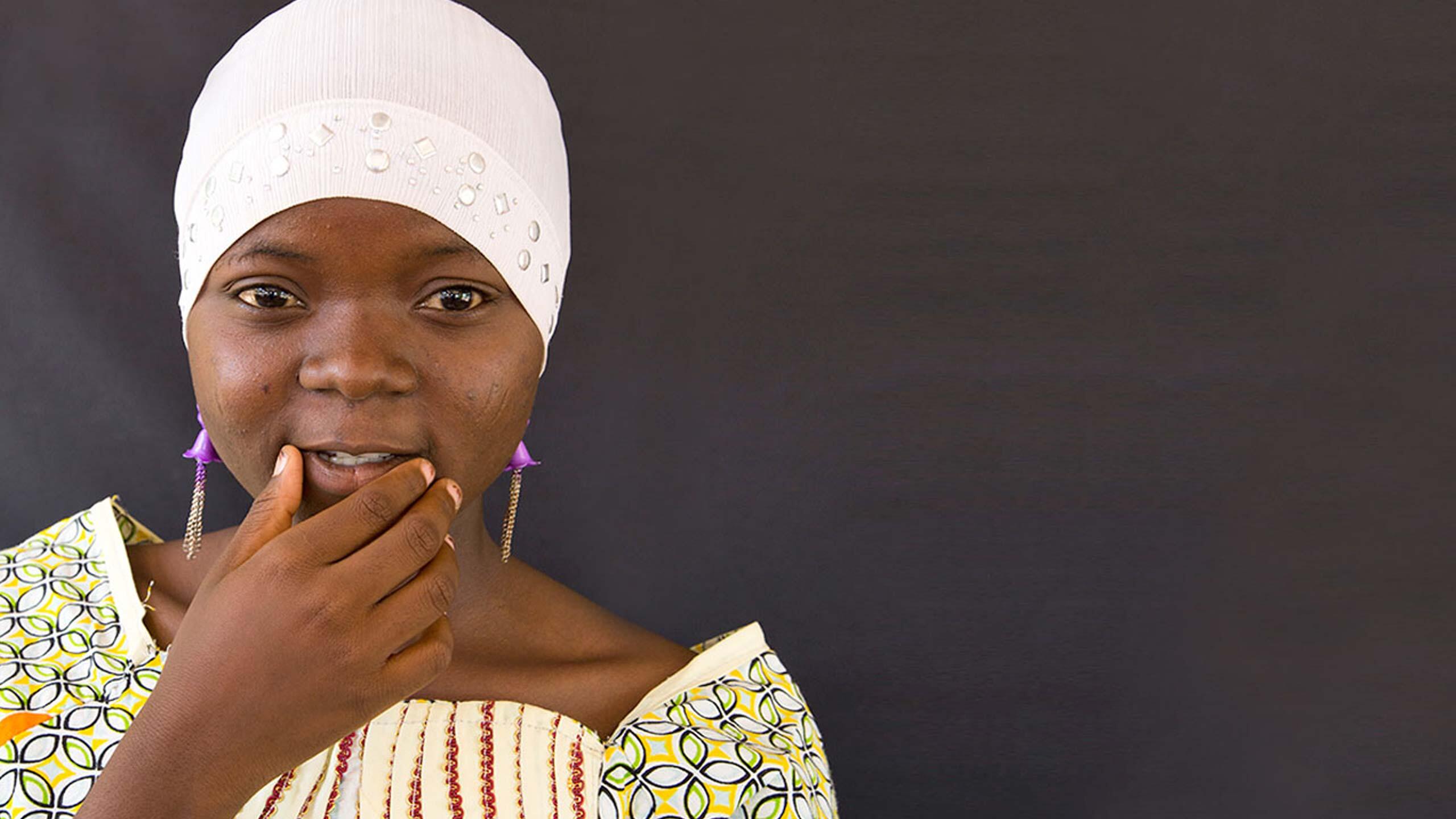
Number
7
Sub Title
“When I saw teenage girls who refused to marry, I thought they were rebels... But now I understand their refusal. They just want to defend their rights.” -Ramatou Abdoul Hamidou, 14
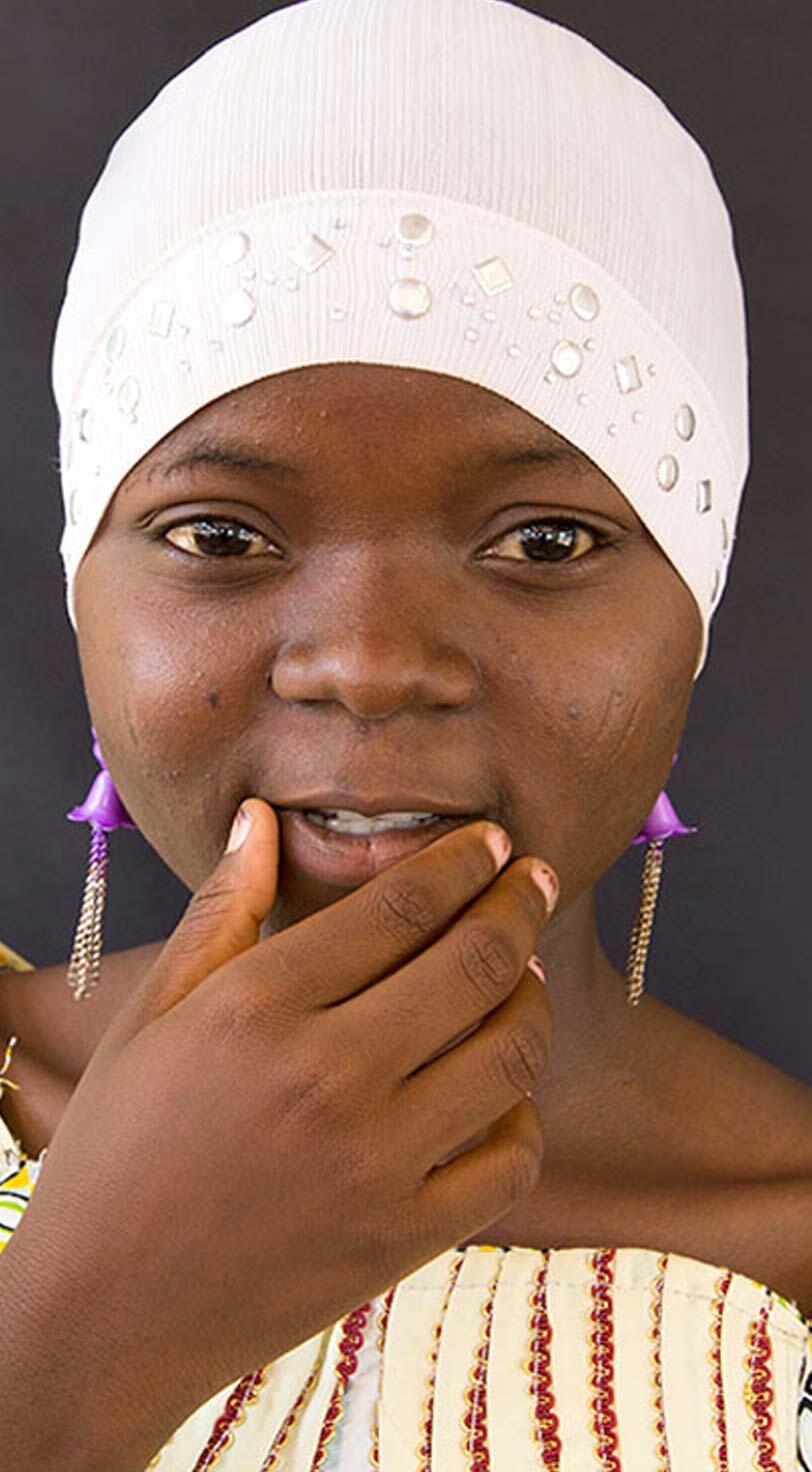
Slide text
Salamatou’s father forced her to marry when she was 16. She ran away after a brutal wedding night, but her father found her, beat her and returned her to her husband's home. There, she was abused for days before her family agreed to pursue a divorce.
Photo credit
© UNFPA Niger/Tagaza Djibo
Text orientation
Left

Number
8
Sub Title
“I was bleeding, I was in tears. I ran away from his house and sought refuge with my grandparents.” -Salamatou Adam, 17
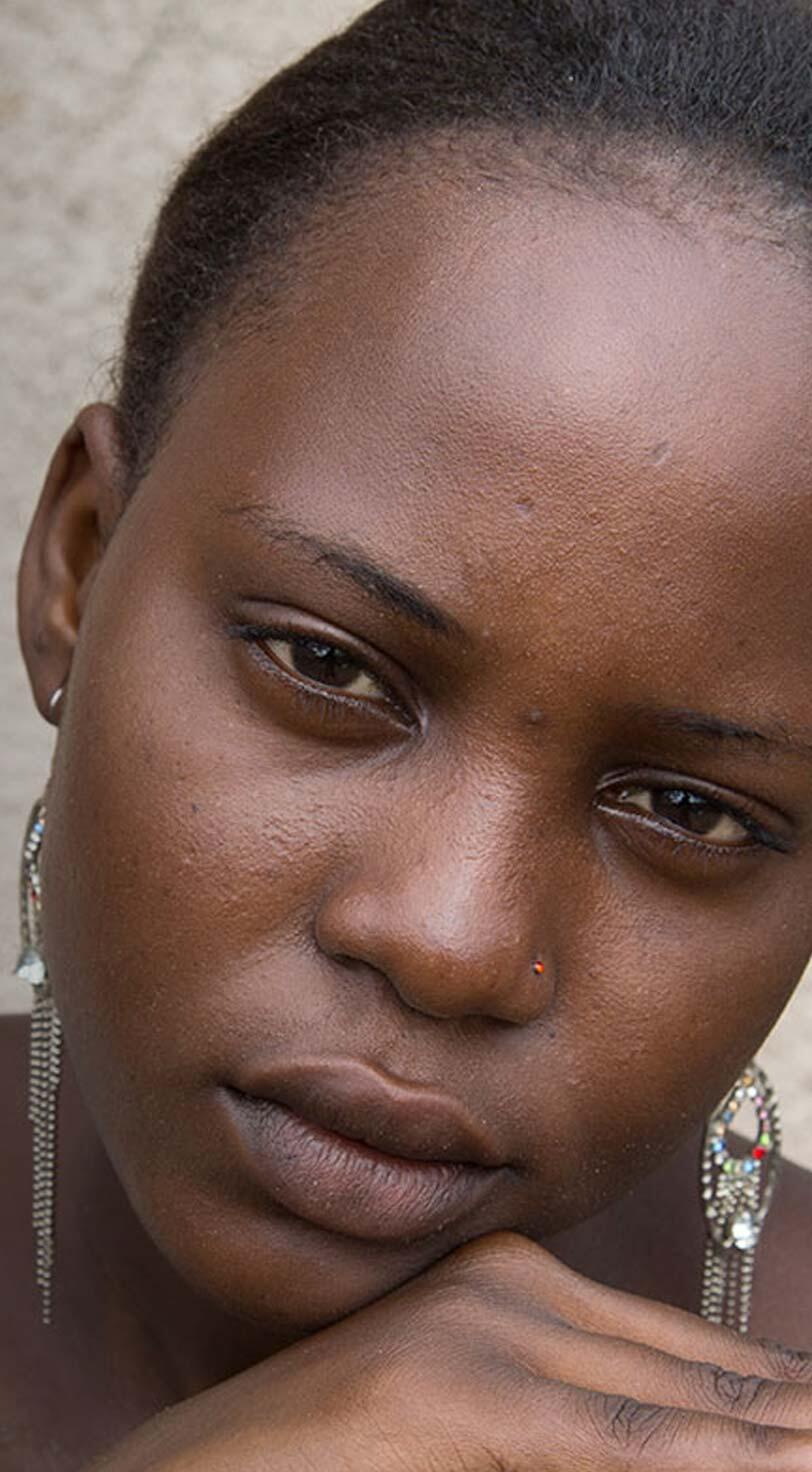
Slide text
Last year, when Hadiza refused to marry, her father sent her to a religious official for an exorcism. “He beat me repeatedly with a long stick during long exorcism sessions,” she recounted. Still, she stood her ground, and the wedding plans were cancelled.
Photo credit
© UNFPA Niger/Tagaza Djibo
Text orientation
Right

Number
9
Sub Title
“My father thought I was possessed by evil spirits.” -Hadiza Abdoulaye, 18
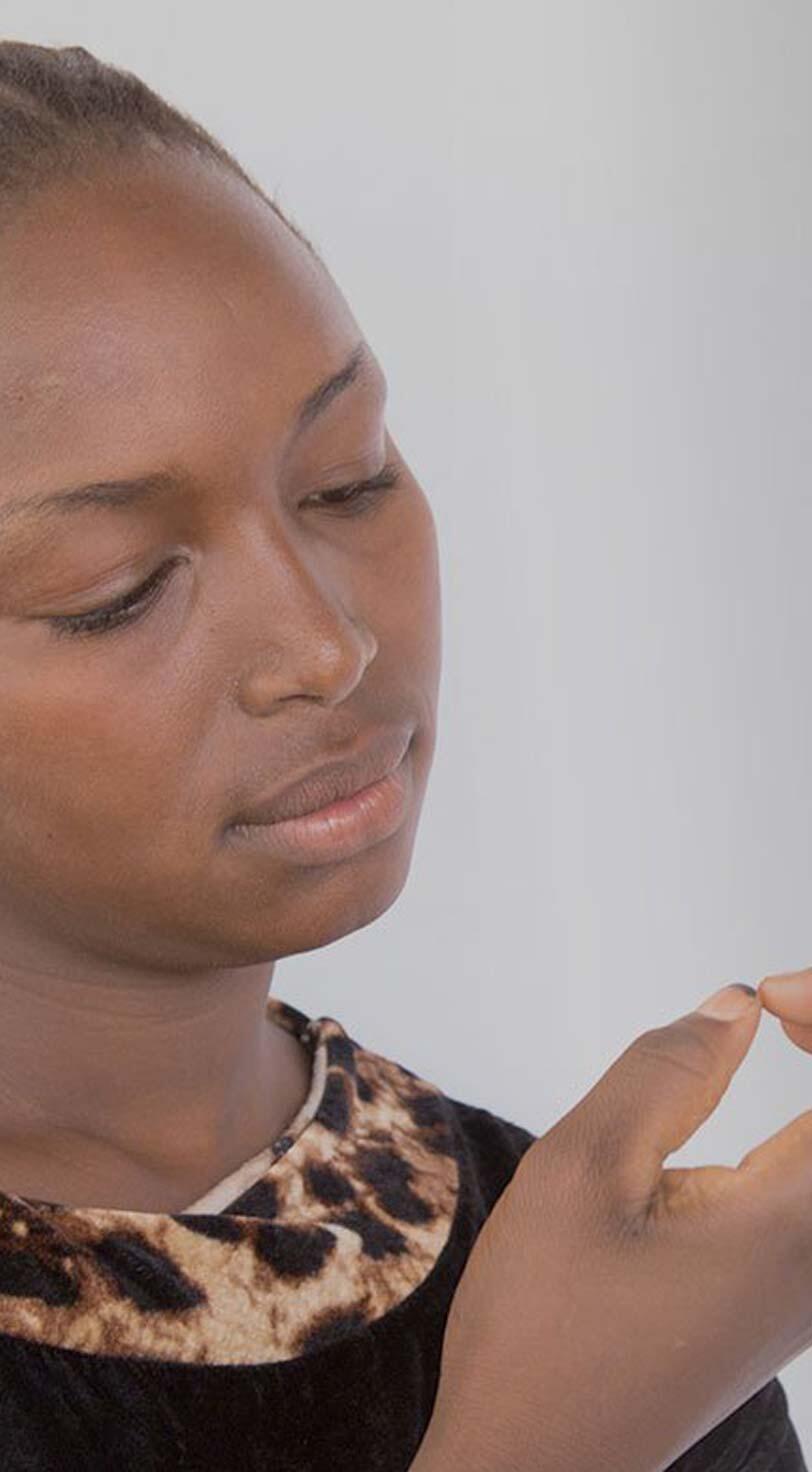
Slide text
Dowries and bride prices can create incentives to marry off girls while they are young. But awareness of the harms of child marriage can change people’s minds – as it did for Zara’s parents.
Photo credit
© UNFPA Niger/Tagaza Djibo
Text orientation
Left
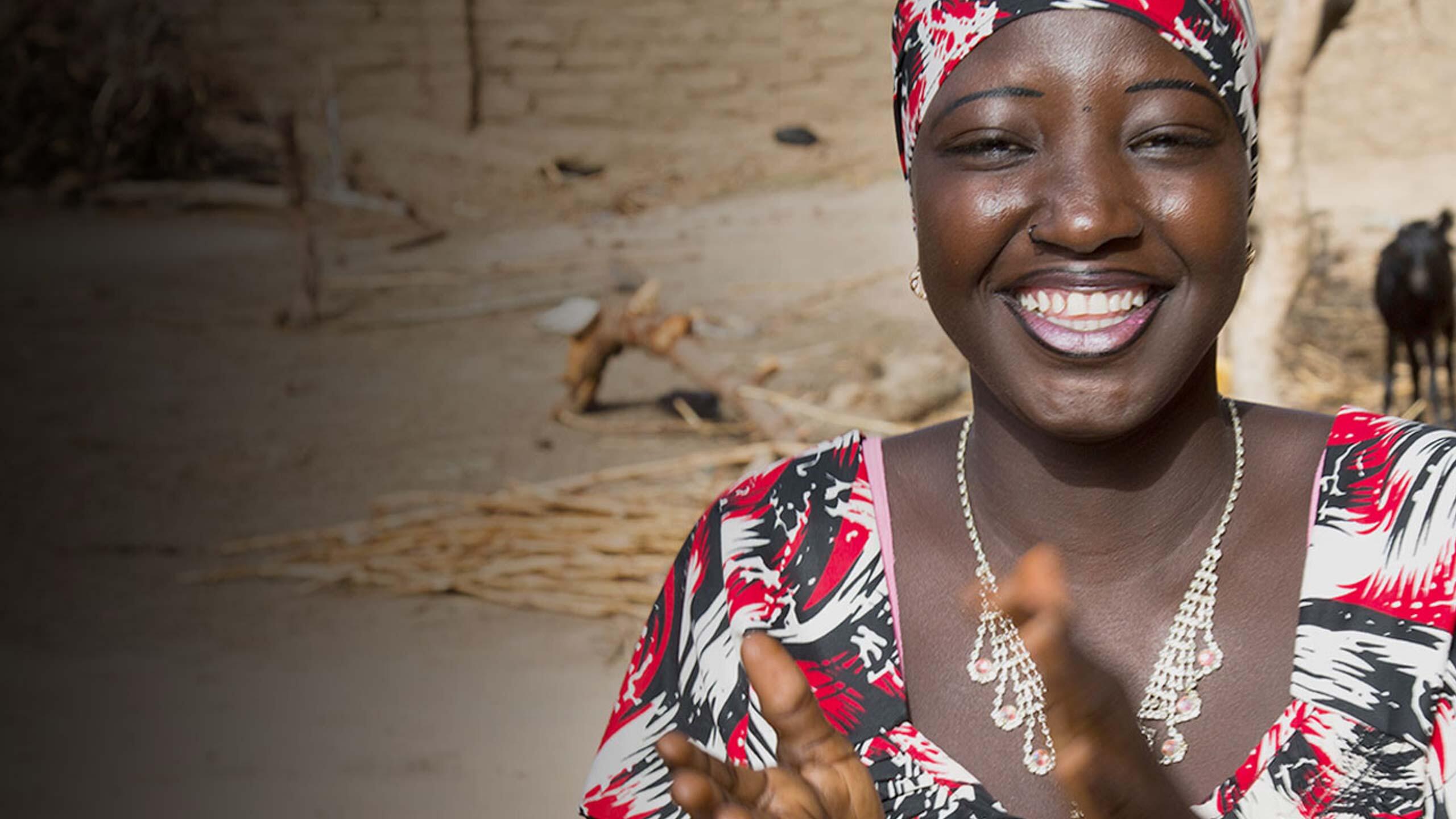
Number
10
Sub Title
“I got the dowry returned. I am against the fact that my parents exchanged me for cereal bags from my future husband.” -Zara Magagi, 15
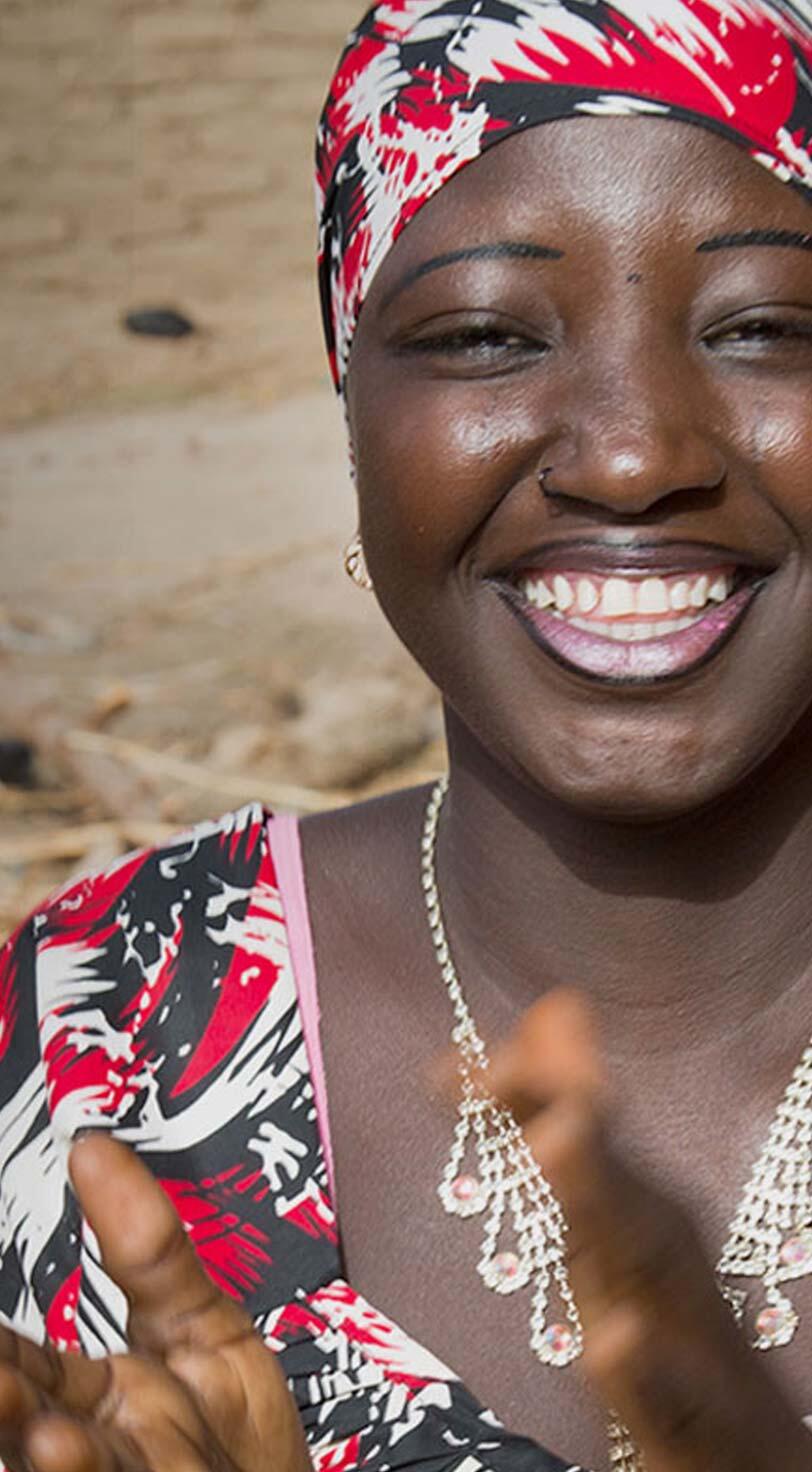
Slide text
Gender inequality plays a huge role in perpetuating child marriage. But when girls are empowered, when they know their rights and have a choice, they marry later. “I told my family to wait until I was 18,” Balkissa said.
Photo credit
© UNFPA Niger/ Mina Kaci
Text orientation
Right
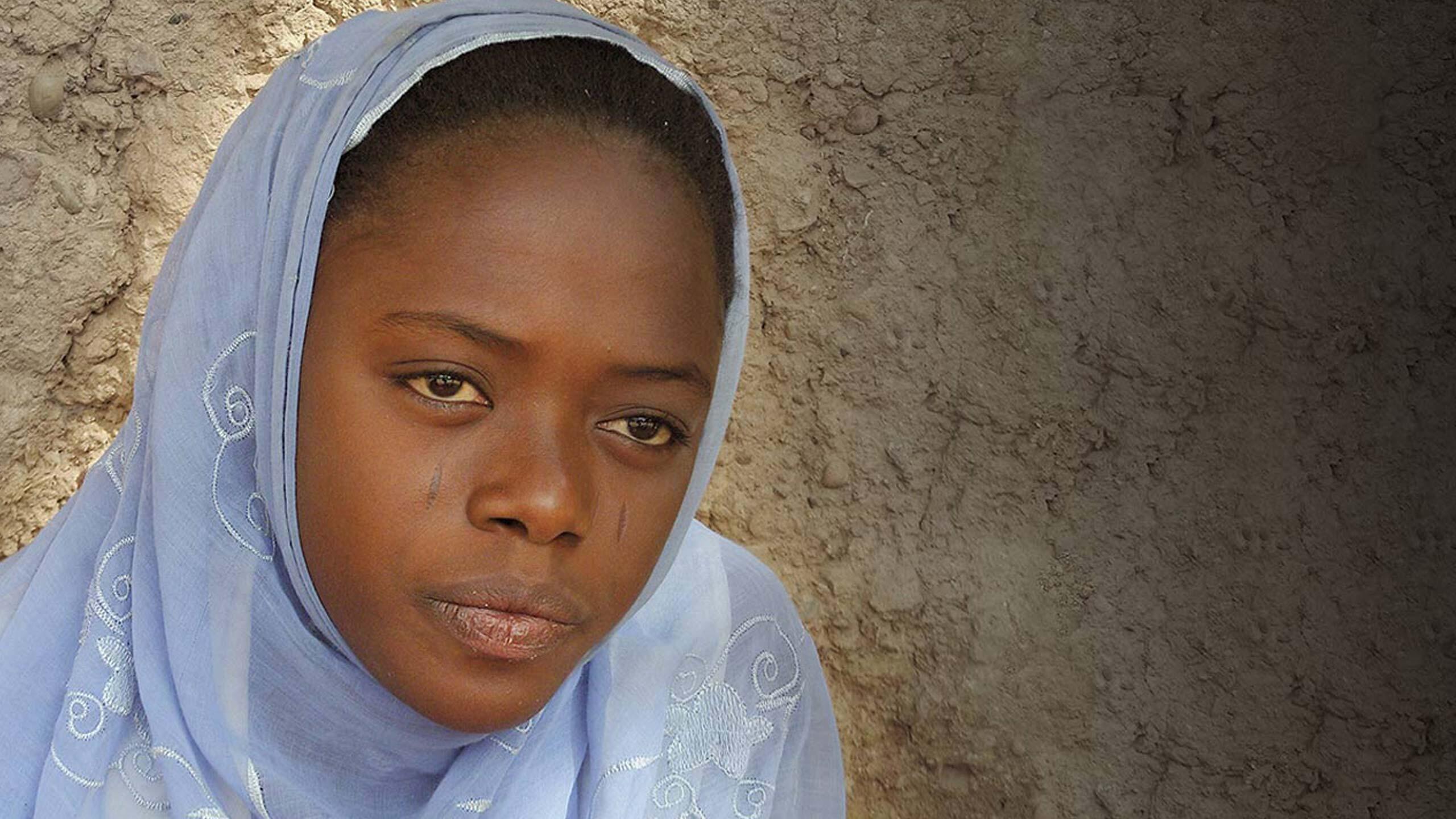
Number
11
Sub Title
“According to them, my value is in marriage, and the older I get, the less value I have. I refuse to see the world this way.” -Balkissa Boubacar, 14
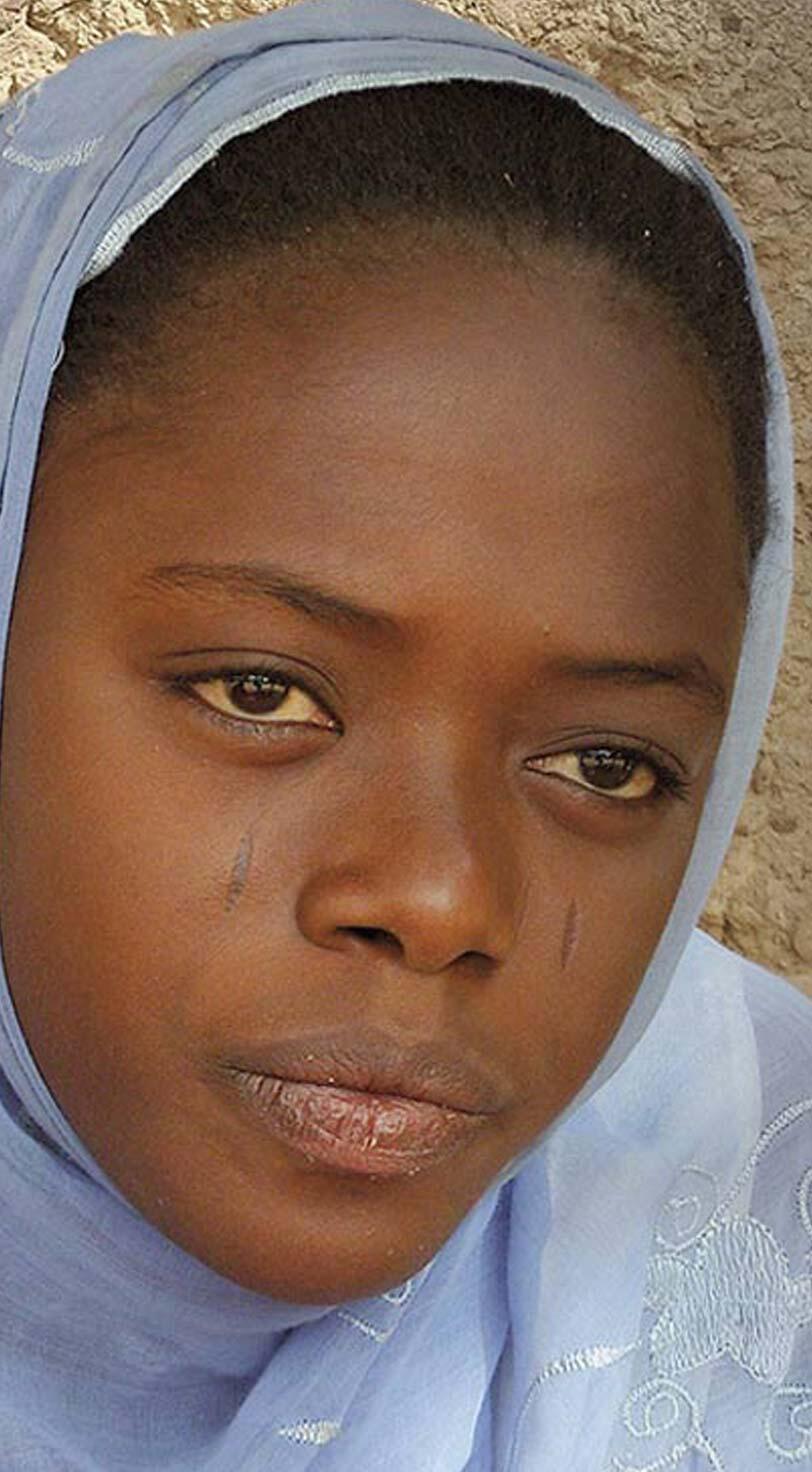
Slide text
Two years ago, when Nana refused to marry a 25-year-old man, her father was furious. But over time, he came to understand that the marriage would have put her at risk.
Photo credit
© UNFPA Niger/Tagaza Djibo
Text orientation
Left
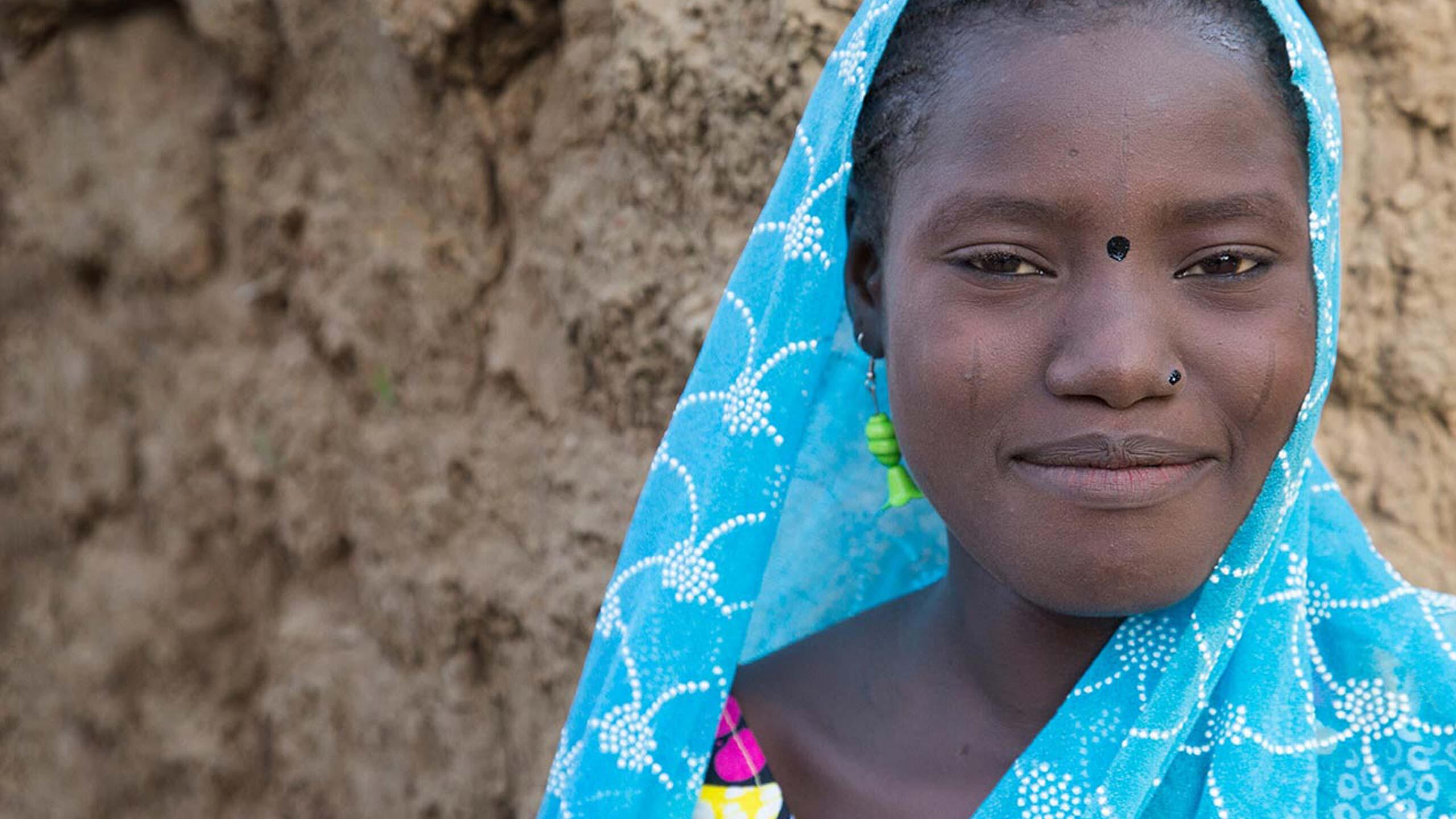
Number
12
Sub Title
“My father gave up the marriage and congratulated me for saying no to the proposal.” -Nana Firdaoussou Garba, 17
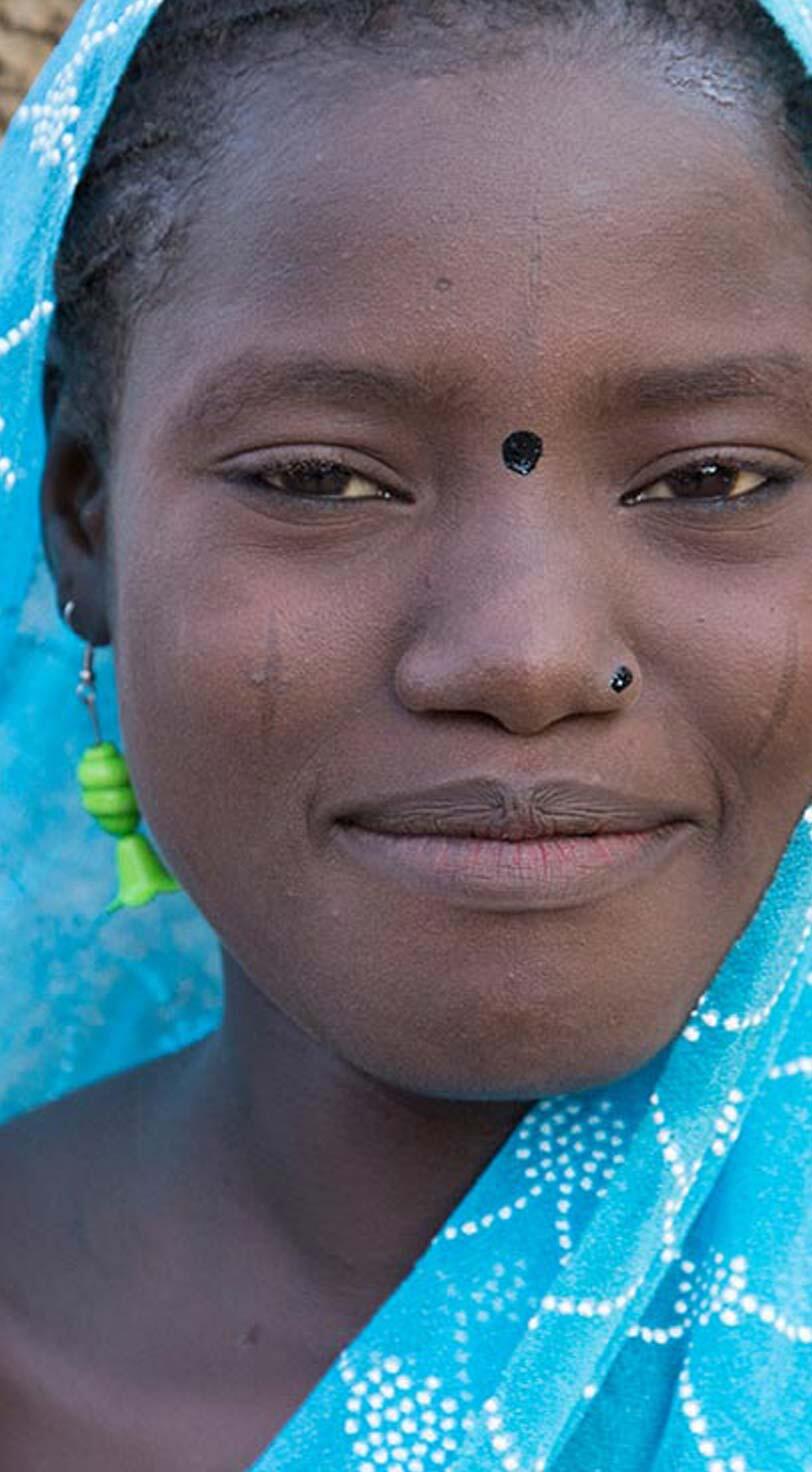
Slide text
Sahanatou’s father wanted to throw her out of the house when she refused to get married. She appealed to an aunt, who convinced him to drop the wedding plans. “I intend to educate other girls so they, too, can assert themselves, and know and defend their rights.”
Photo credit
© UNFPA Niger/Tagaza Djibo
Text orientation
Right
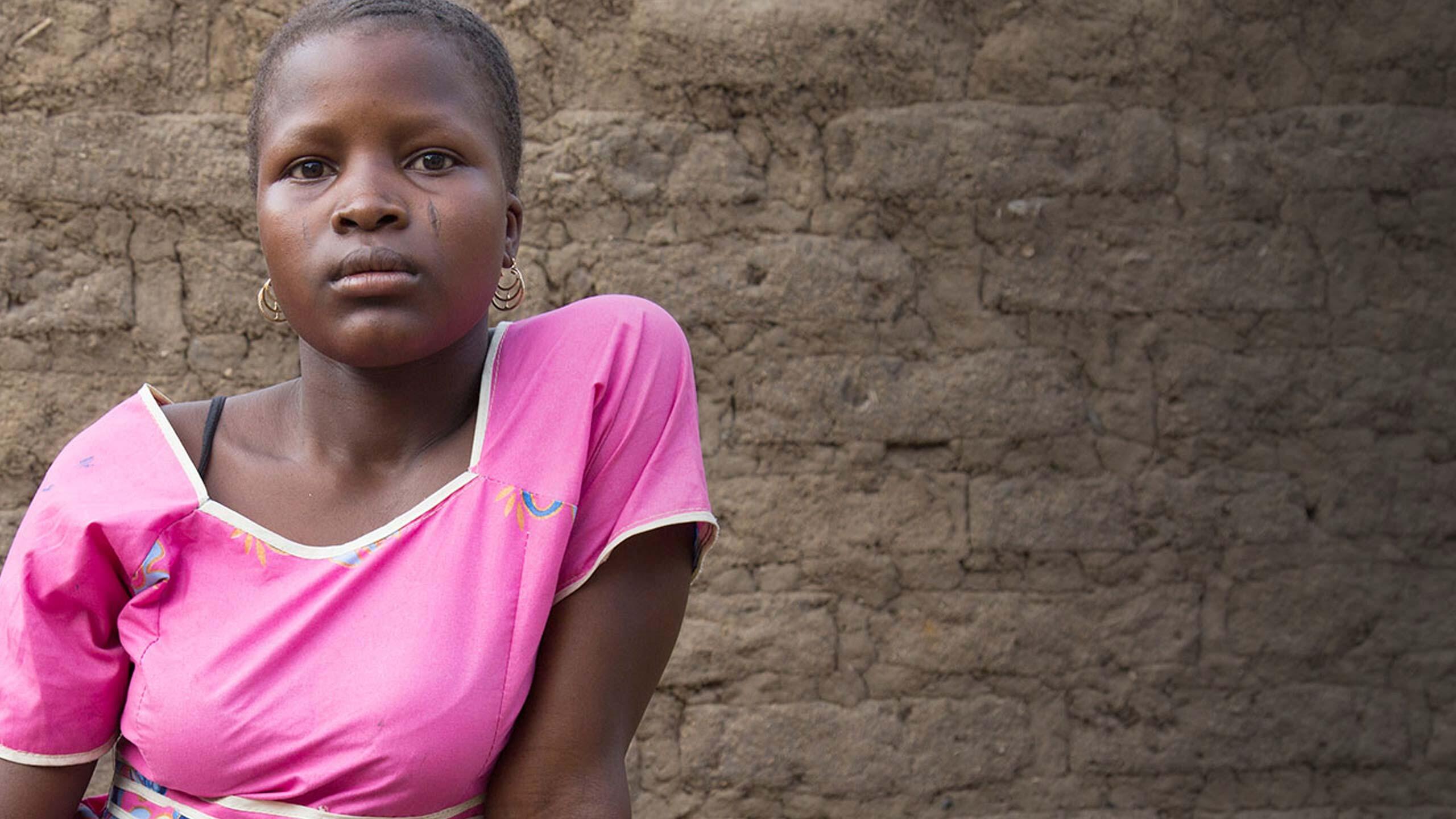
Number
13
Sub Title
“I want to become an independent woman and support myself without waiting for my husband.” -Sahanatou Issoufou, 15
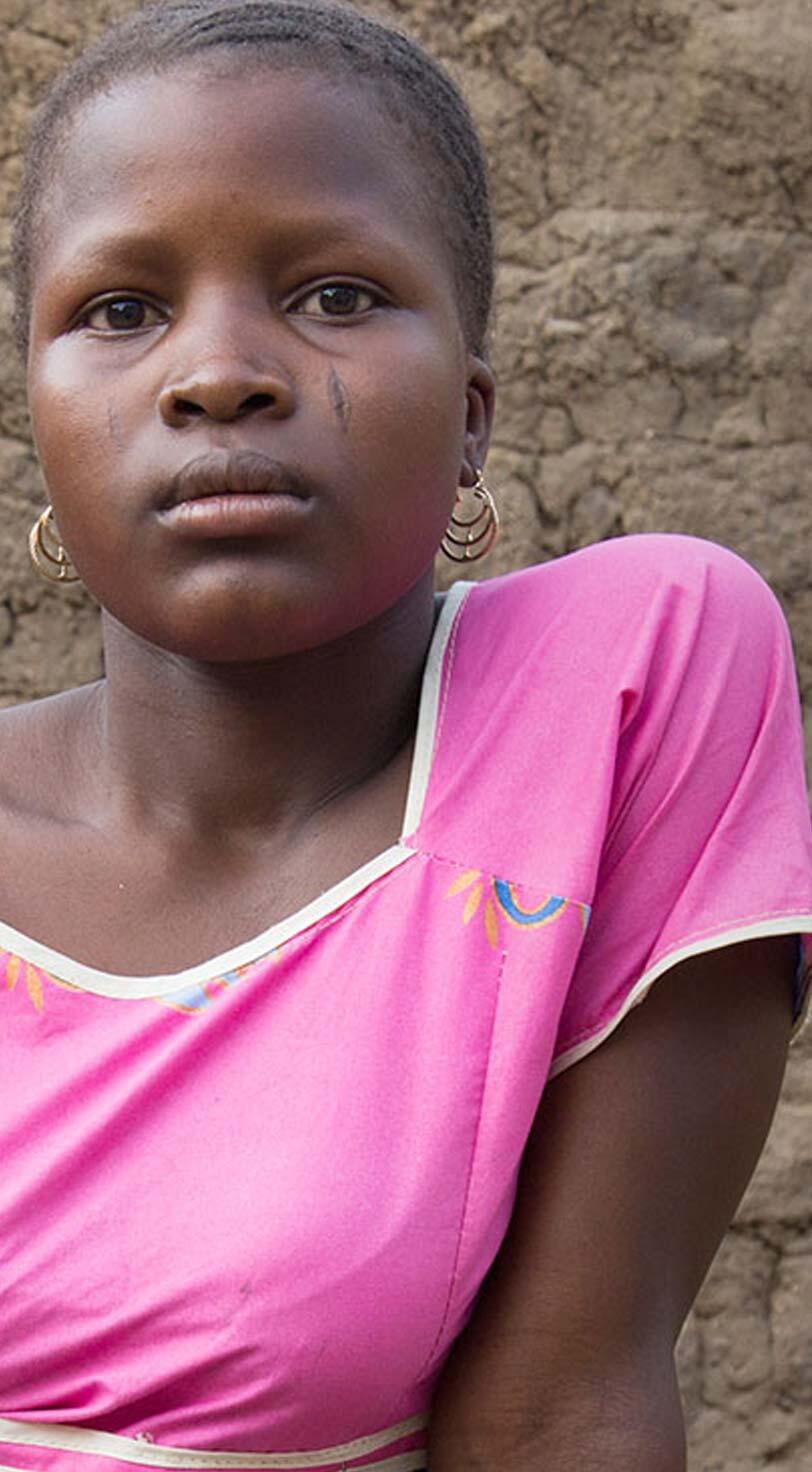
Slide text
Larira’s father accepted a proposal from someone she had never met. With help from uncles and neighbours, Larira convinced her parents to cancel the wedding. “We must help all young girls to have the courage to say no to early marriage.”
Photo credit
© UNFPA Niger/Tagaza Djibo
Text orientation
Left

Number
14
Sub Title
“I felt such a strong sense of daring in saying no.” -Larira Ibrahim, 14
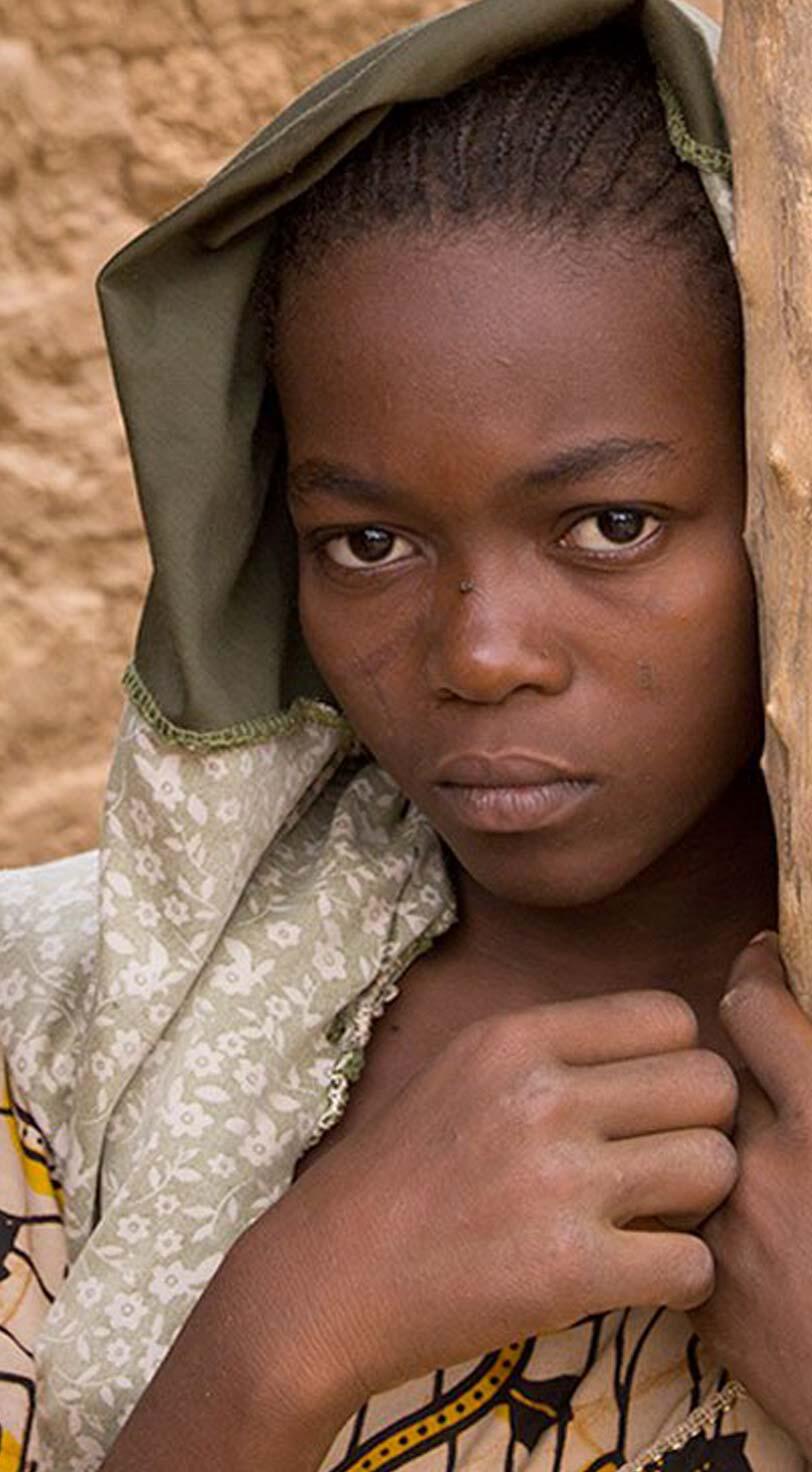
Slide text
Samira’s uncle arranged for her to be married at age 13. “During the wedding night, when the guests left, my husband handed me money to give to the bridesmaids so they could take a taxi home. I used this money to escape to my father’s family.”
Photo credit
© UNFPA Niger/Tagaza Djibo
Text orientation
Right
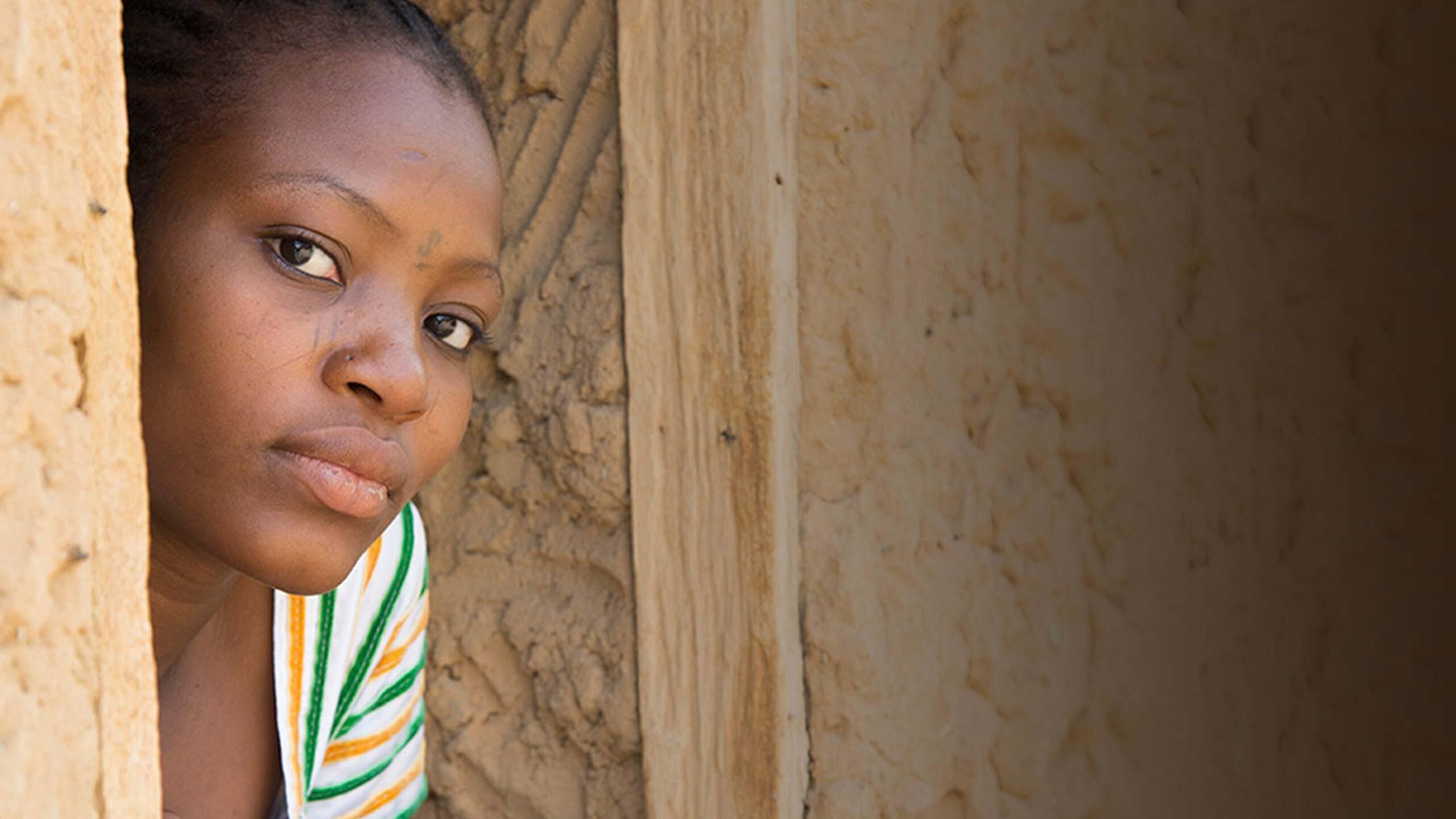
Number
15
Sub Title
“Despite pressure from my family, I took my destiny into my own hands by refusing this marriage.” -Samira Rabiou, 18
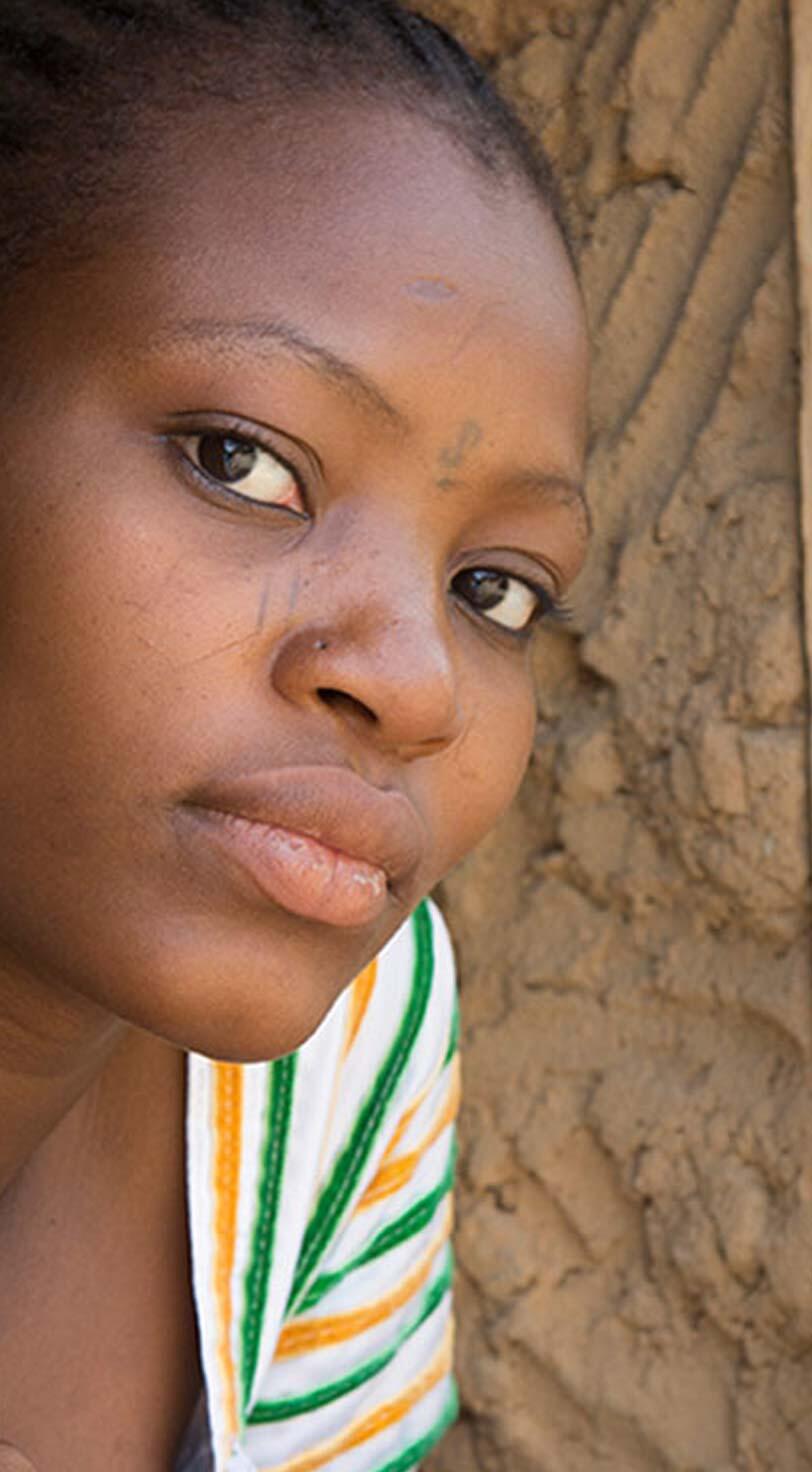
Slide text
Wassila refused to marry a 20-year-old tailor. Through the UNFPA girls’ empowerment programme, she has learned to read and write, and wants to start her own business – as a seamstress. She echoed the sentiments of many girls when she declared, “I hate dependence.”
Photo credit
© UNFPA Niger/Tagaza Djibo
Text orientation
Left
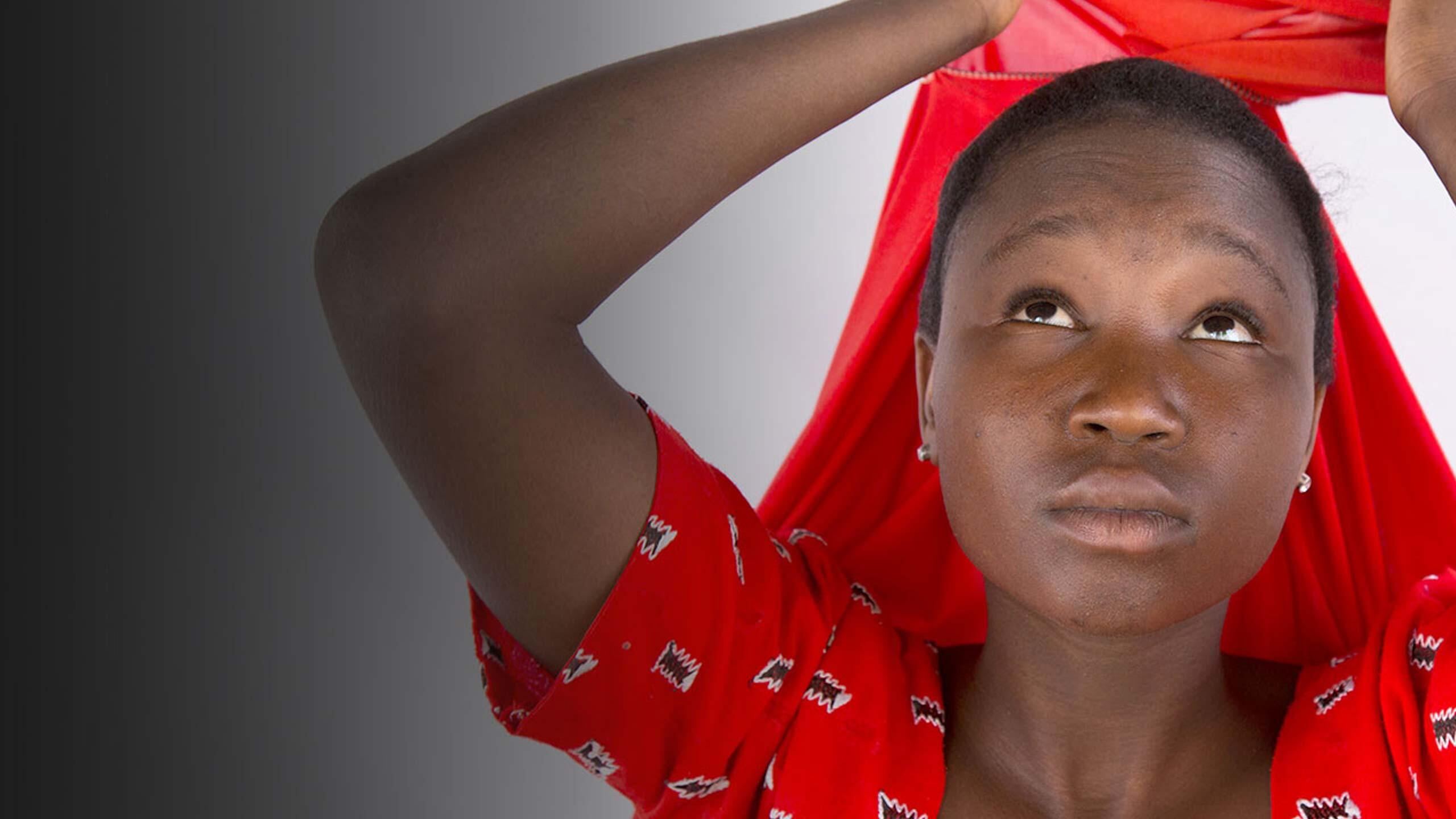
Number
16
Sub Title
“I learned how to fly with my own wings.” -Wassila Ali, 16

Show feature
No
Related tags
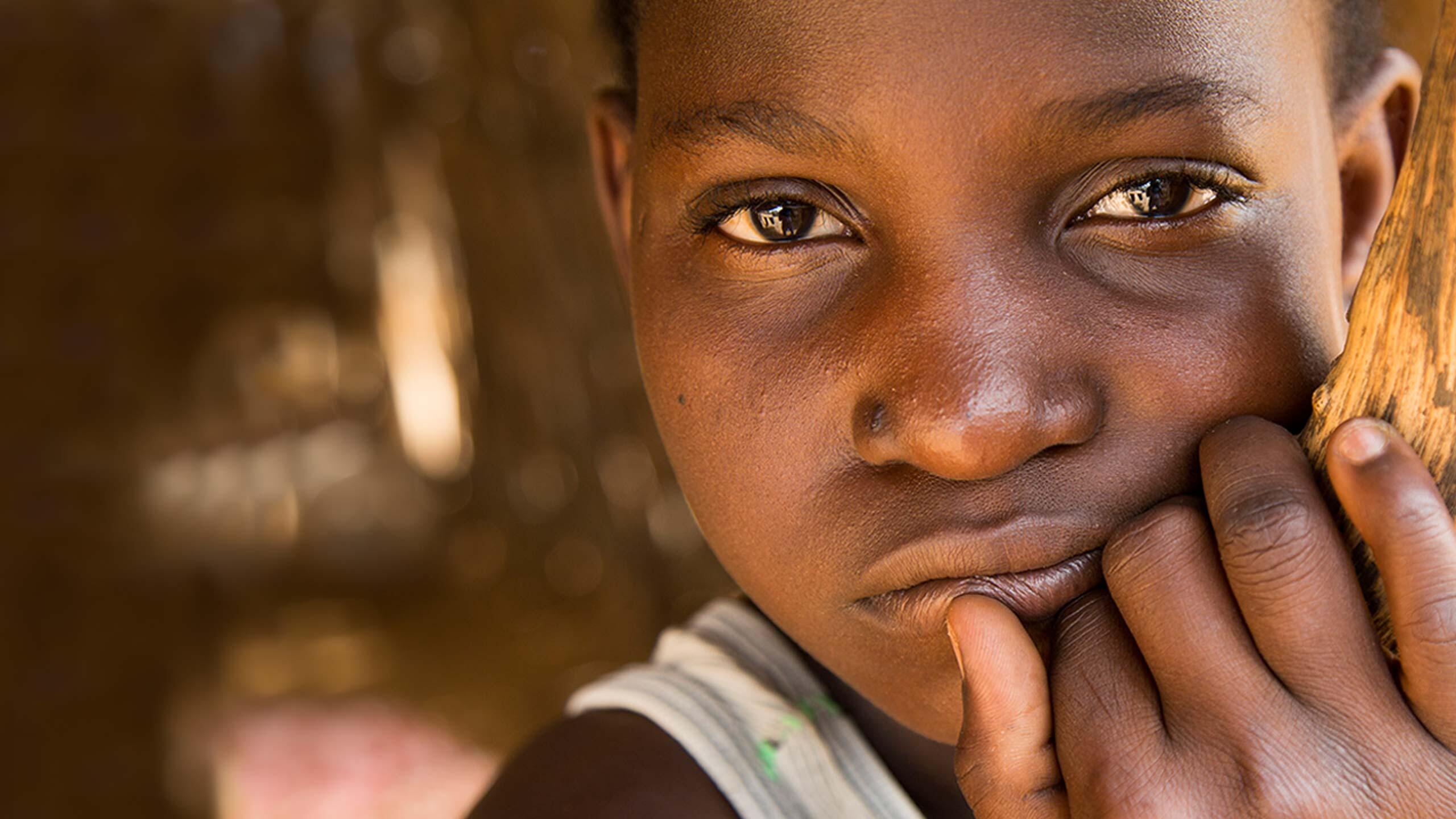
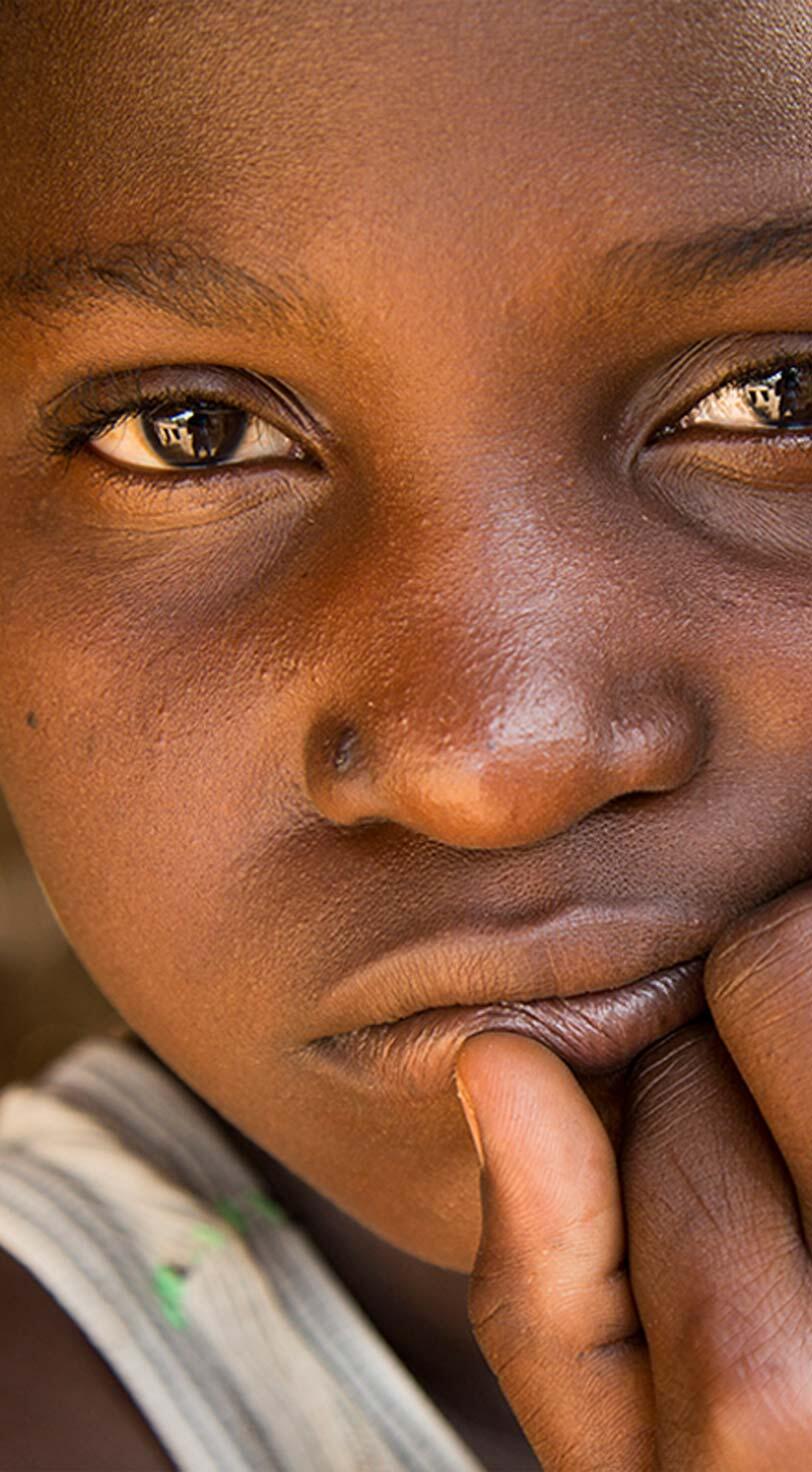
Feature banner image

Workflow State
Published